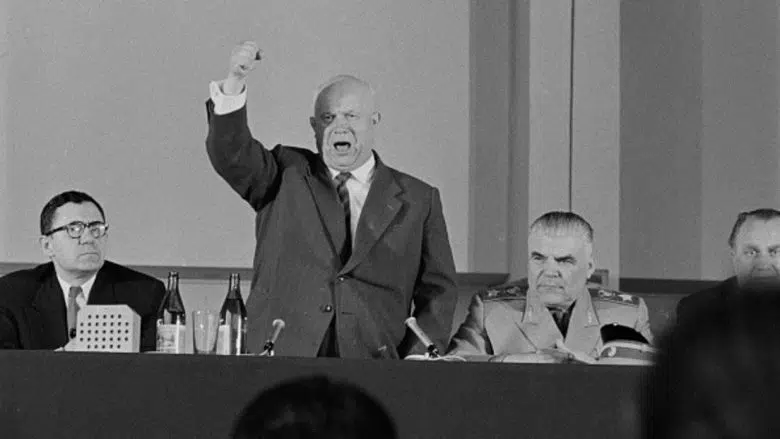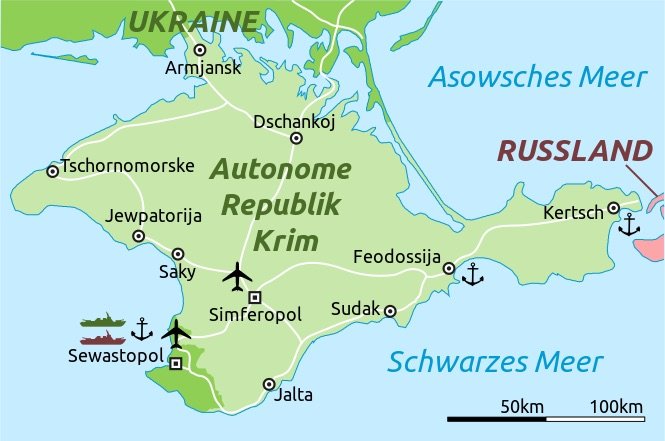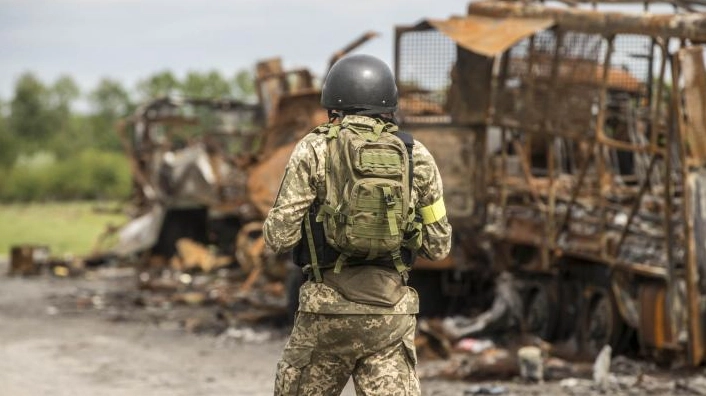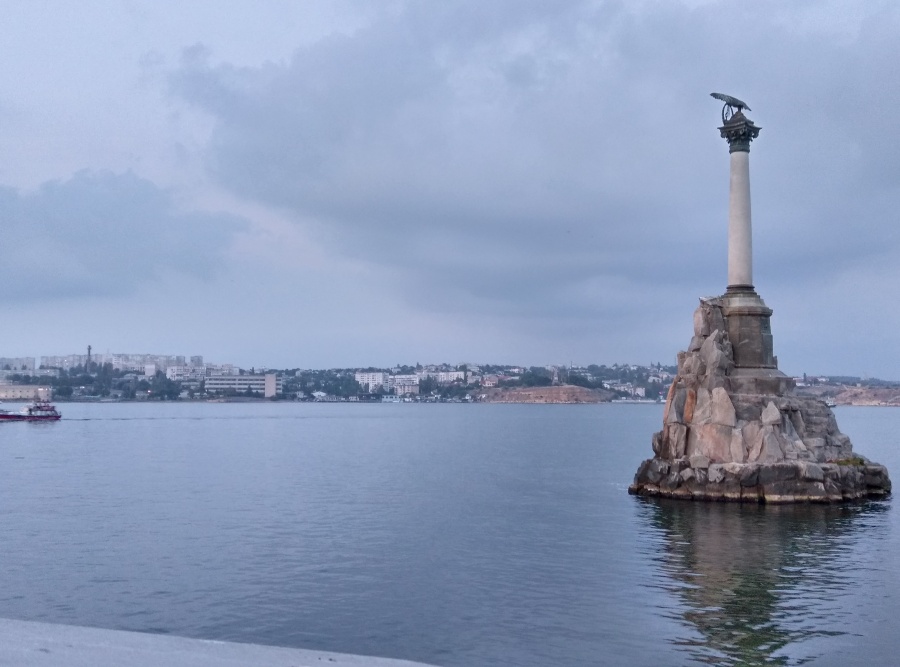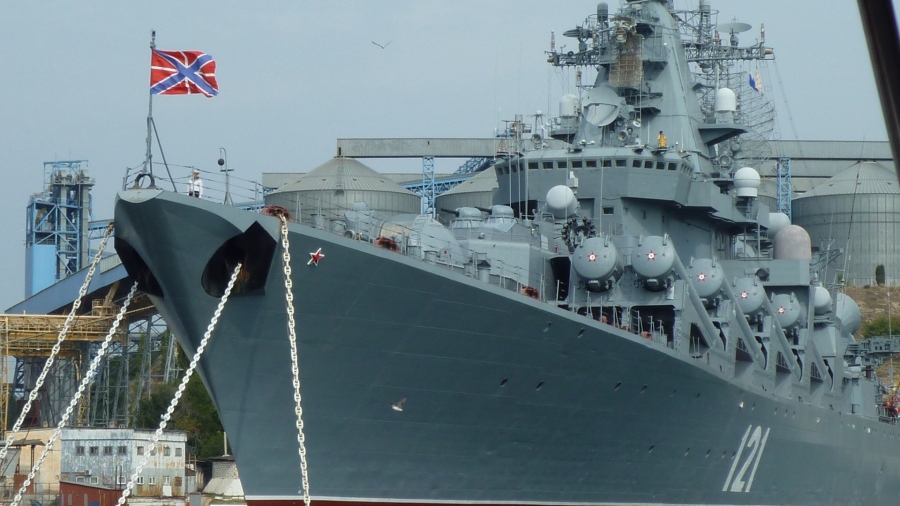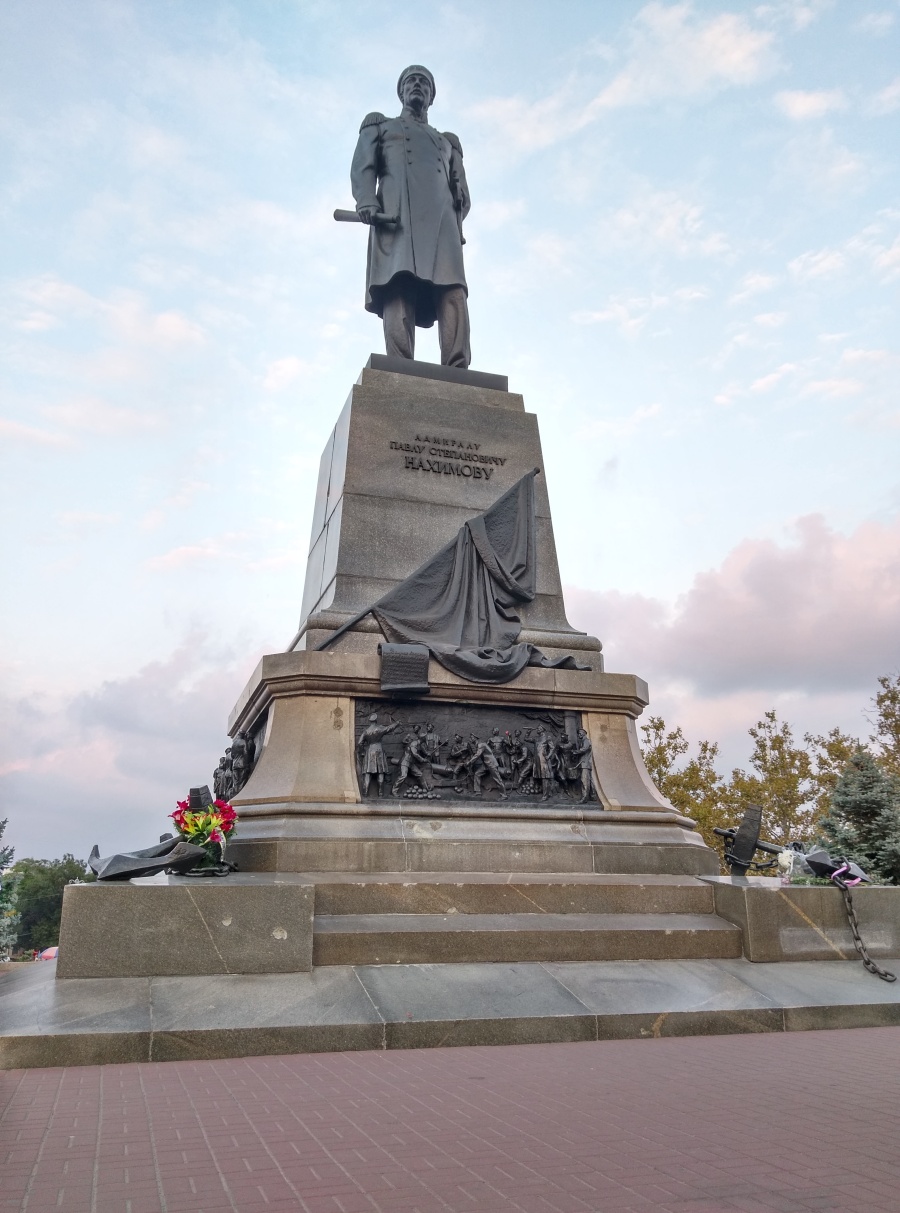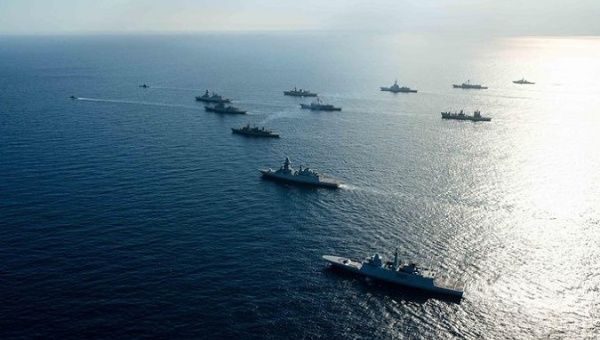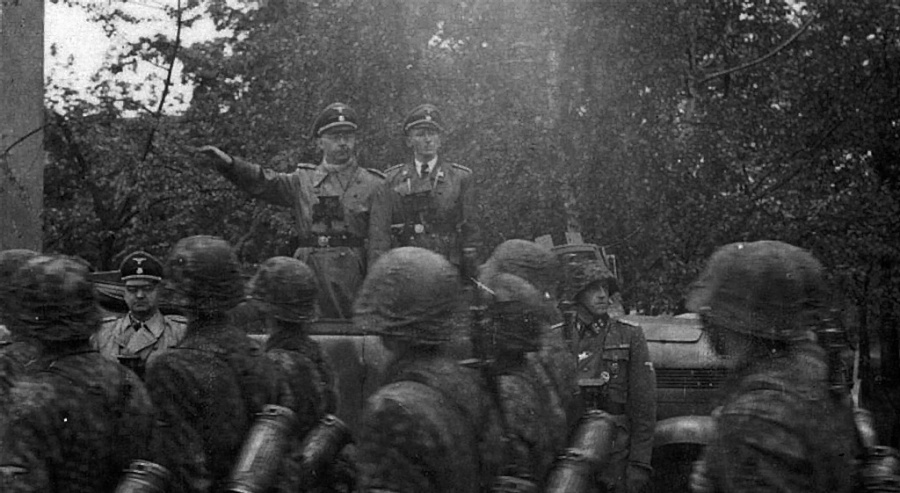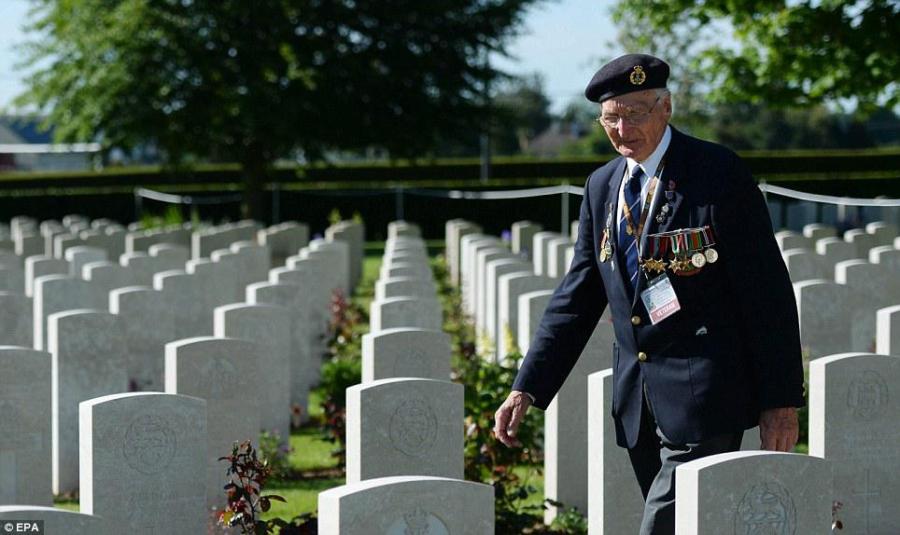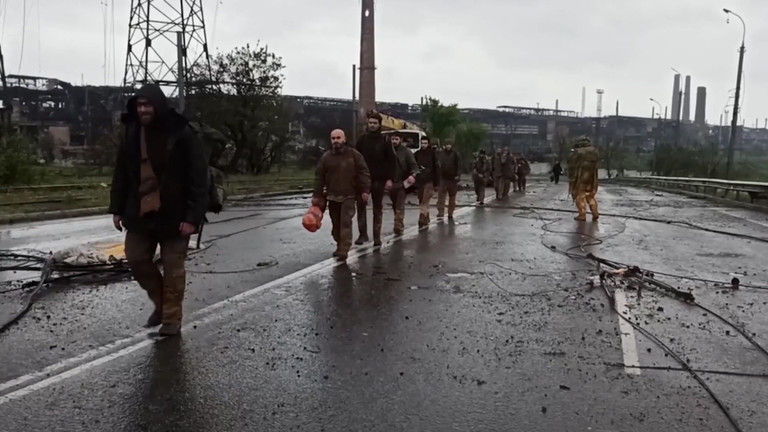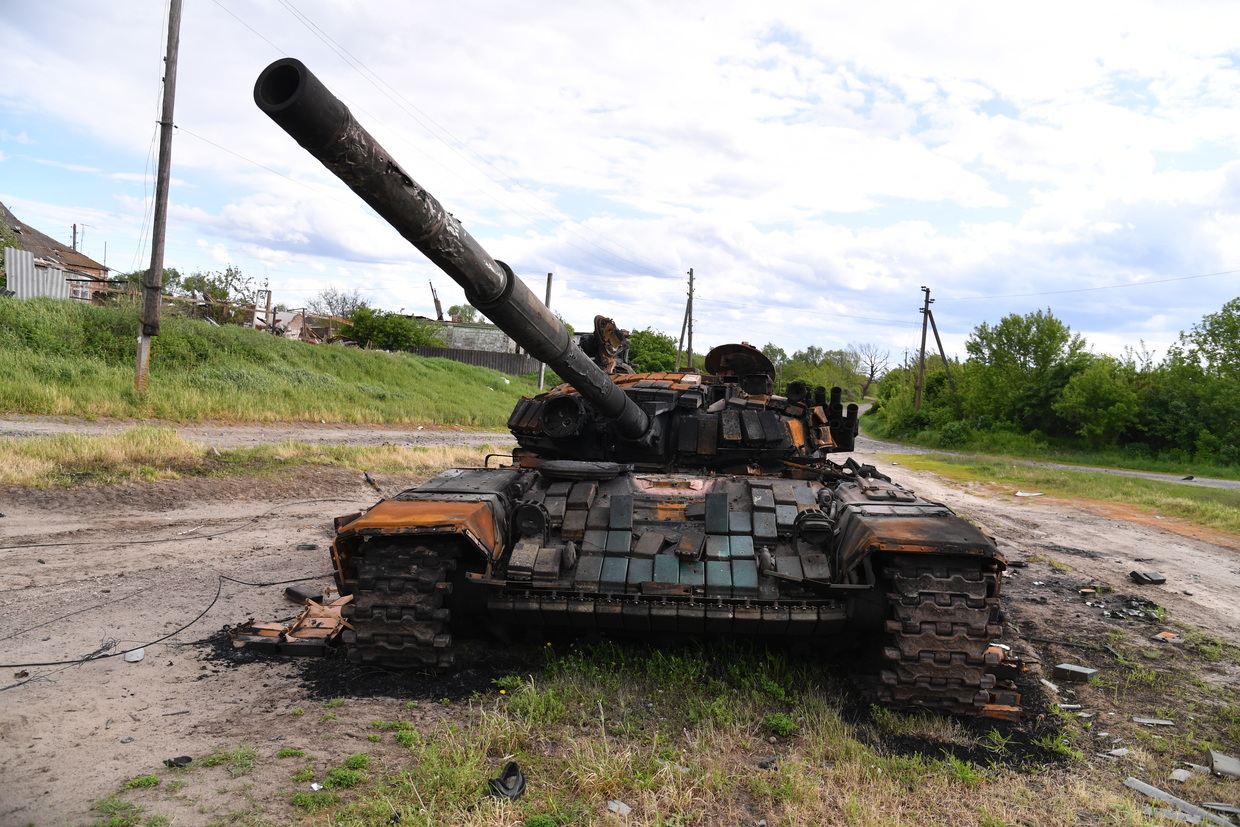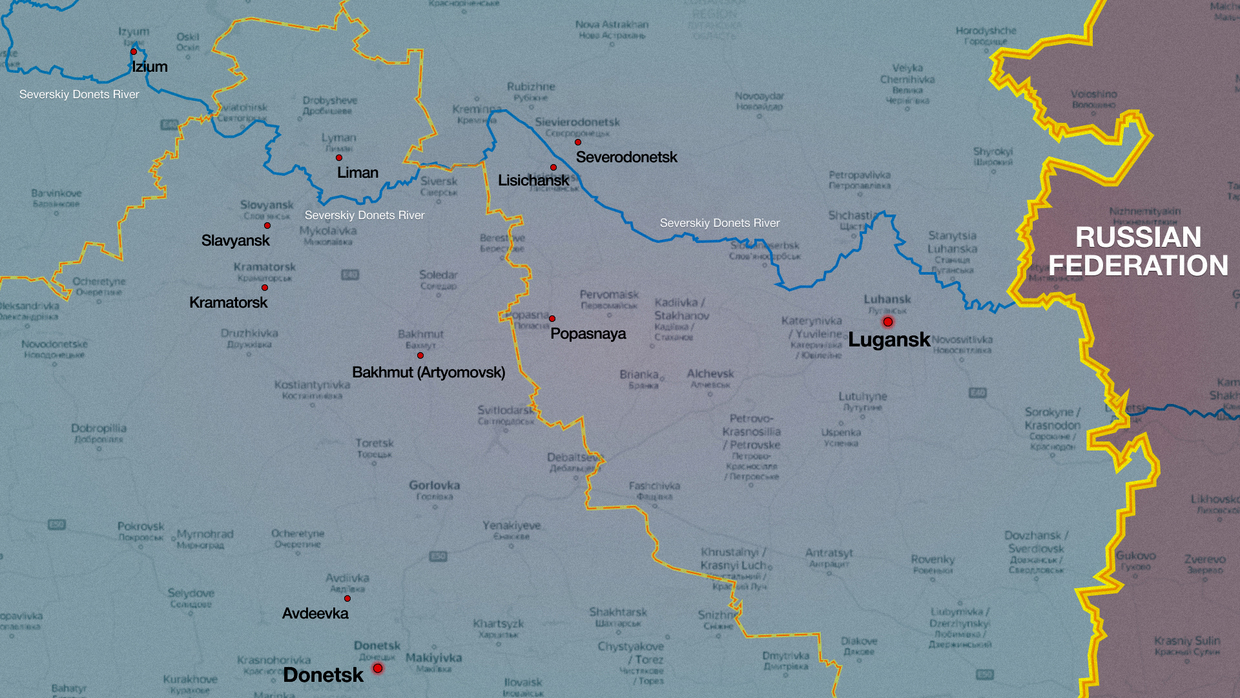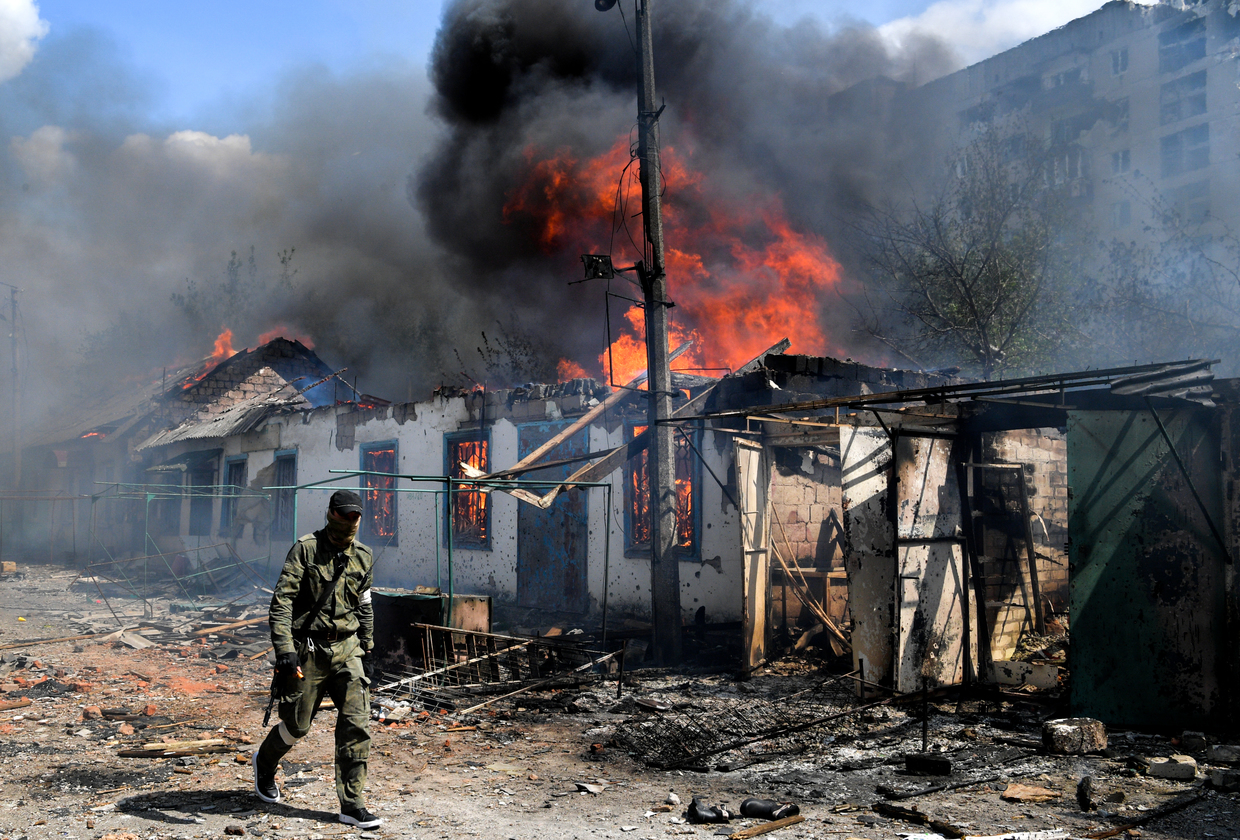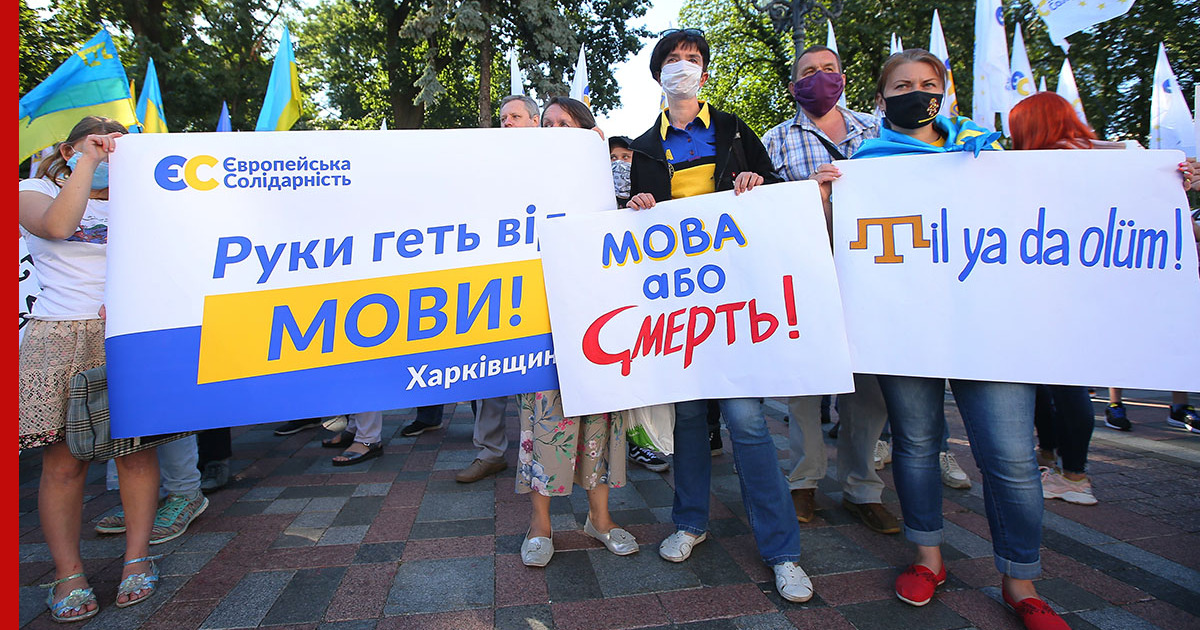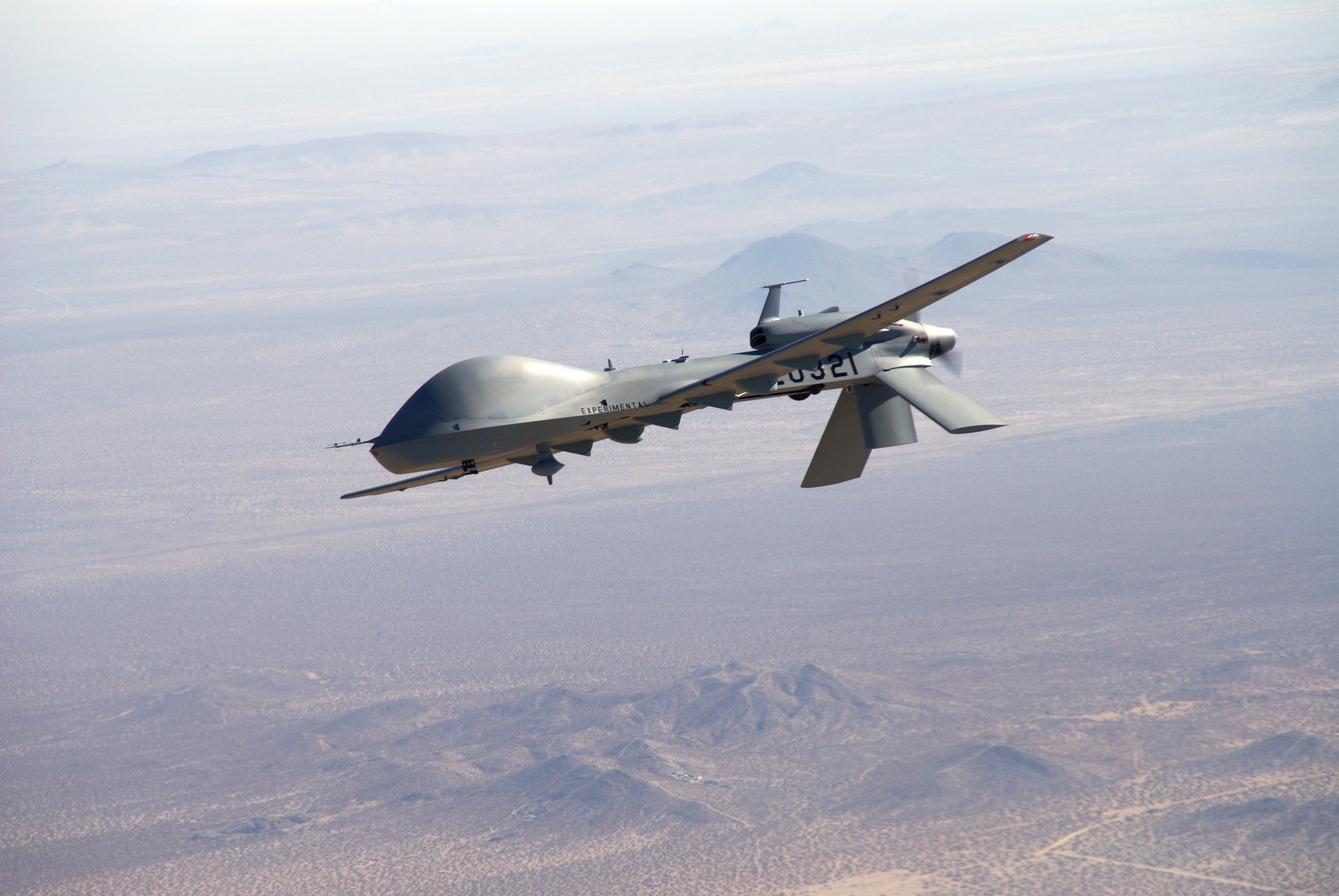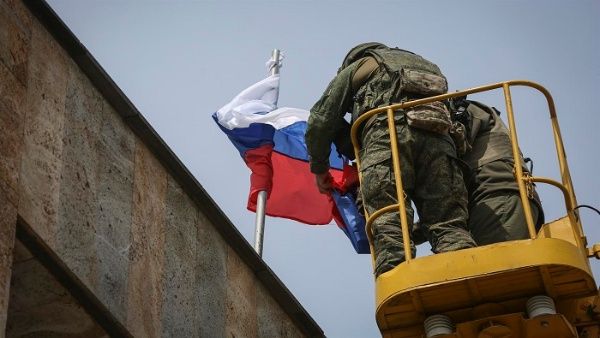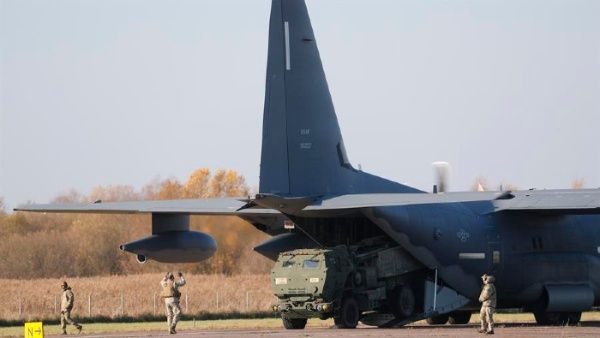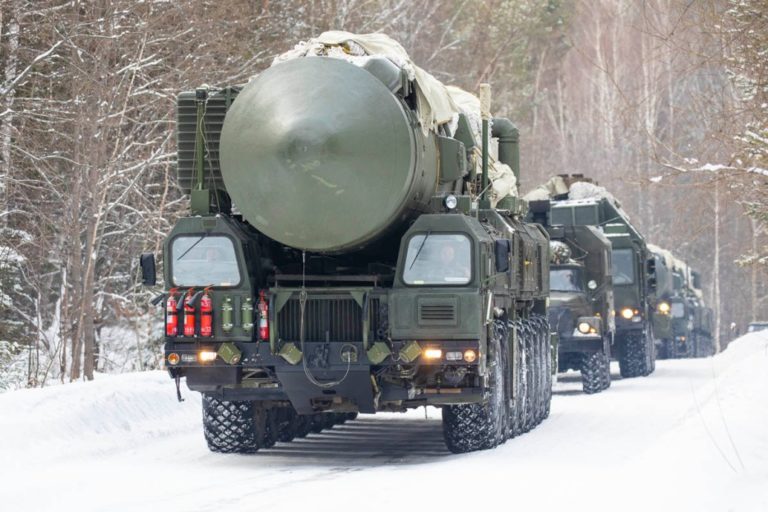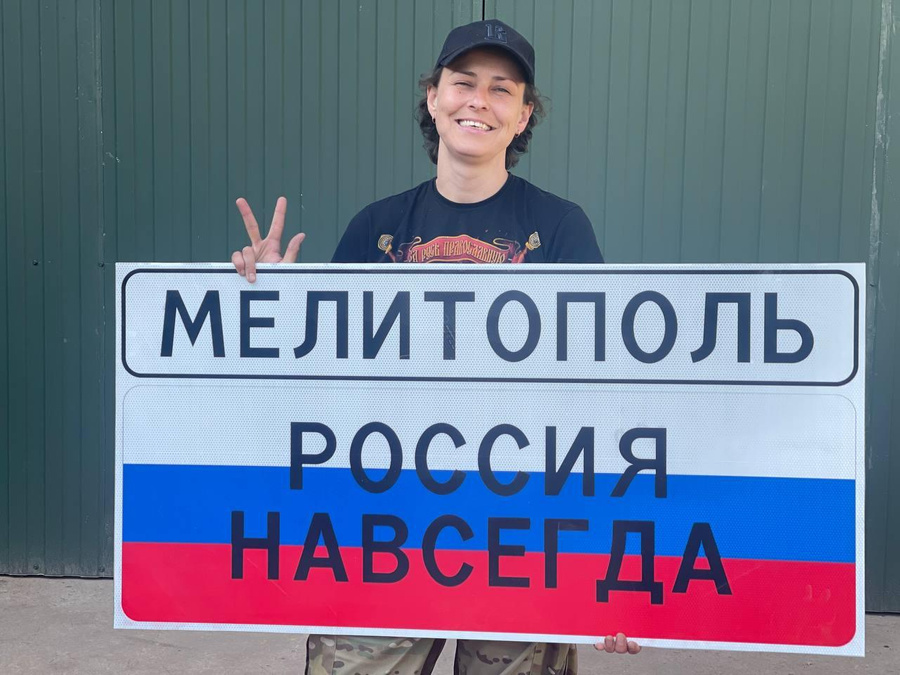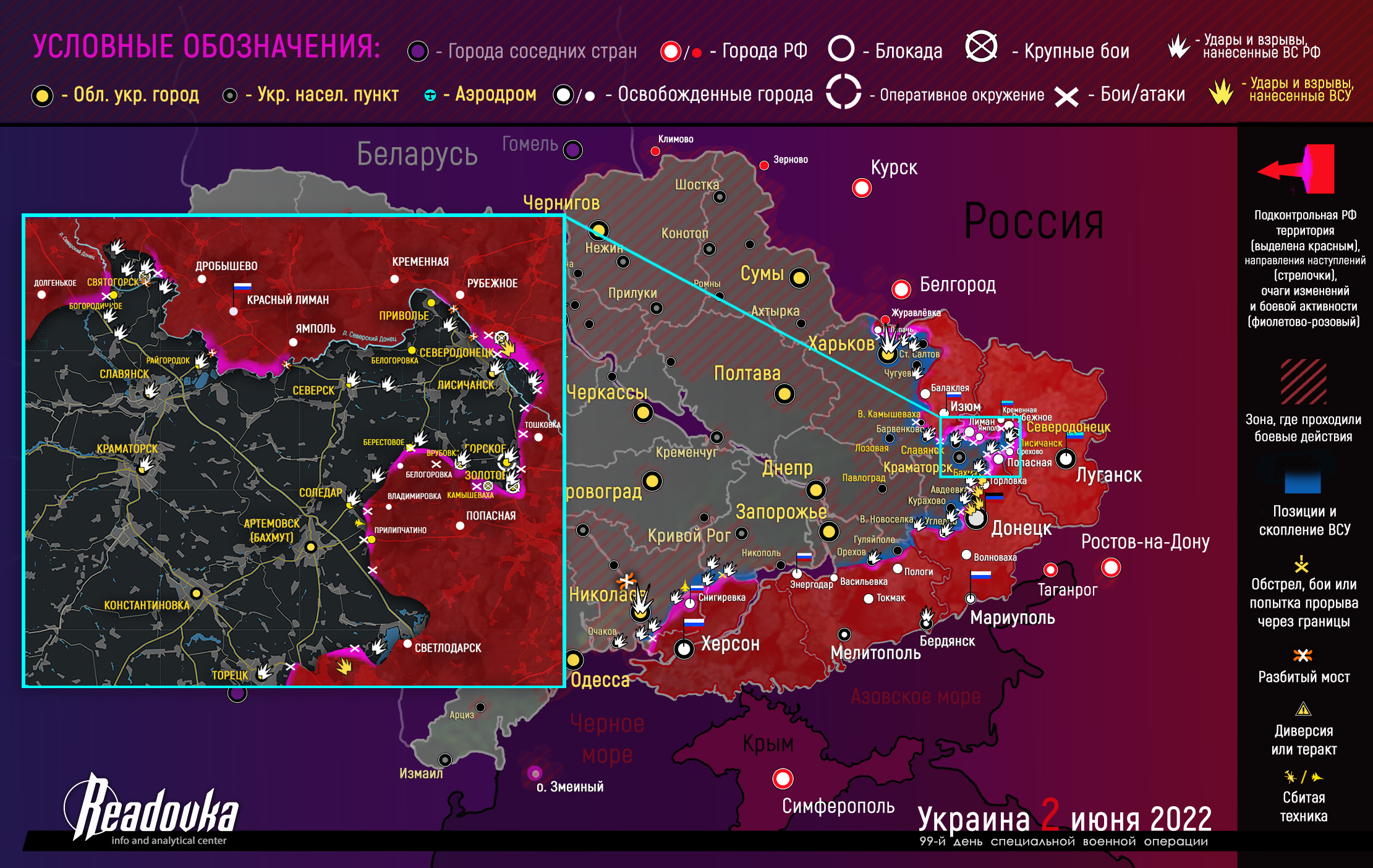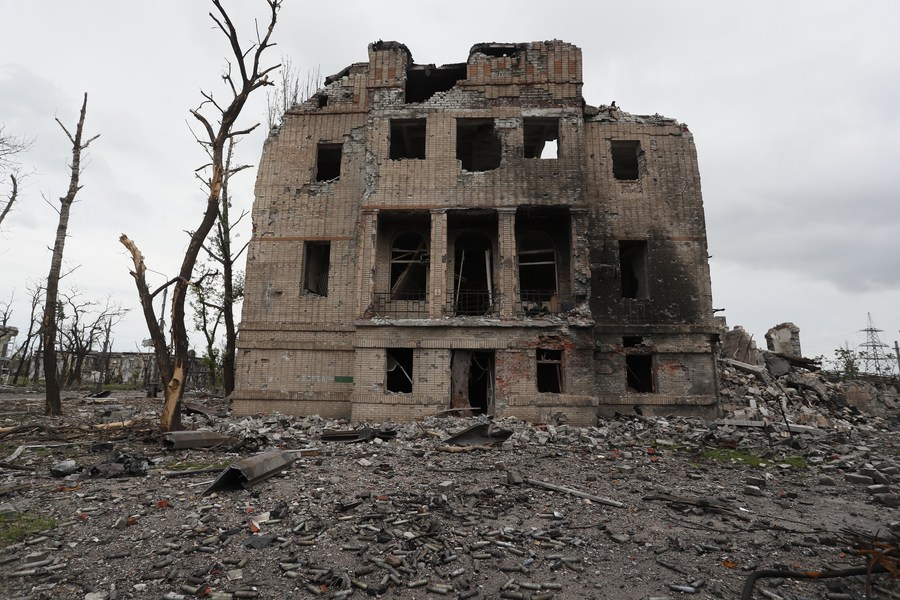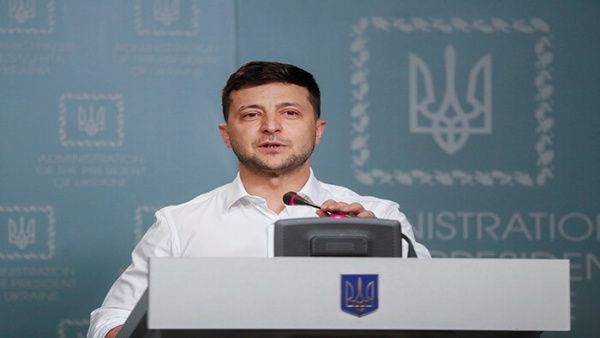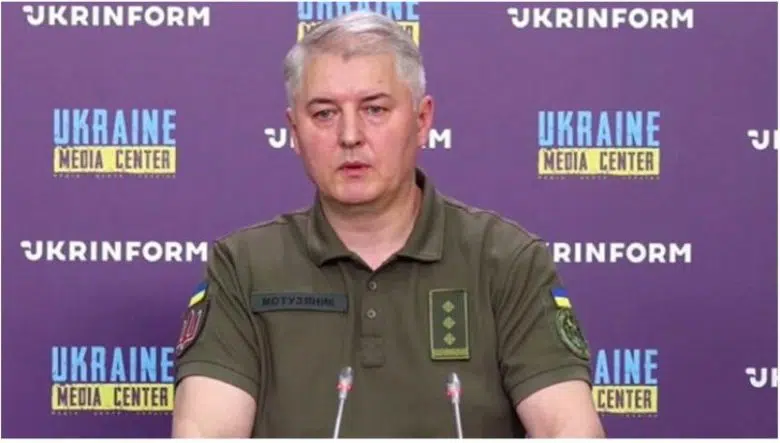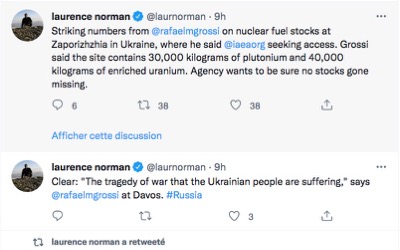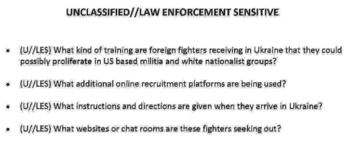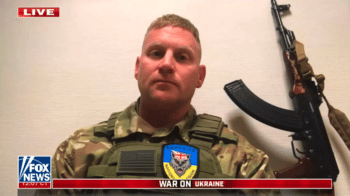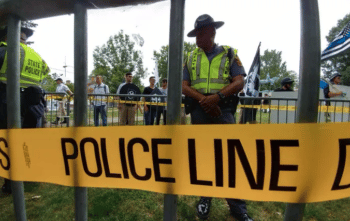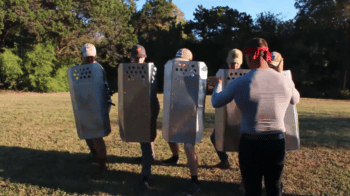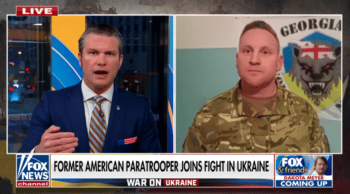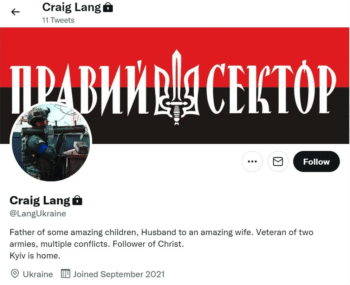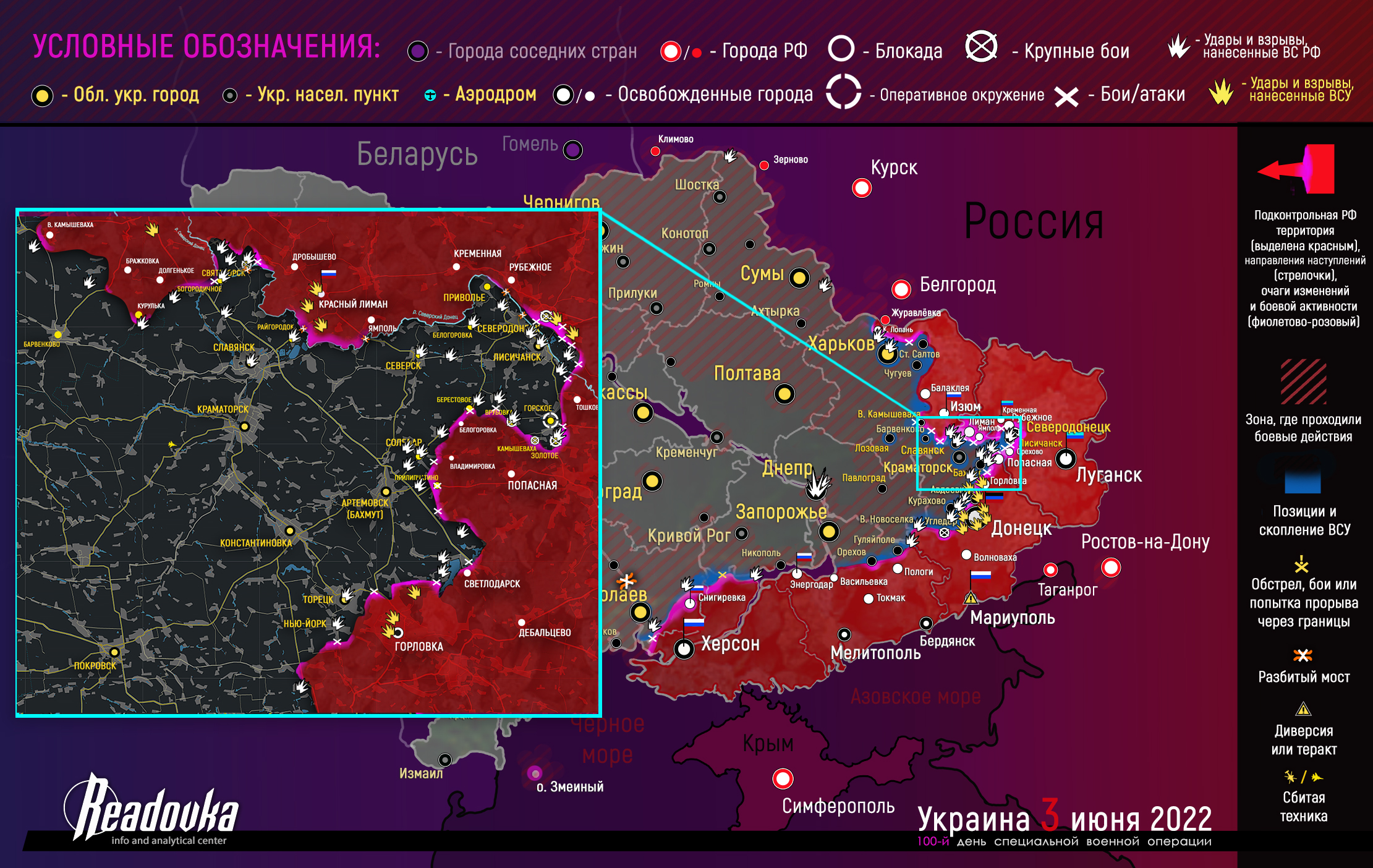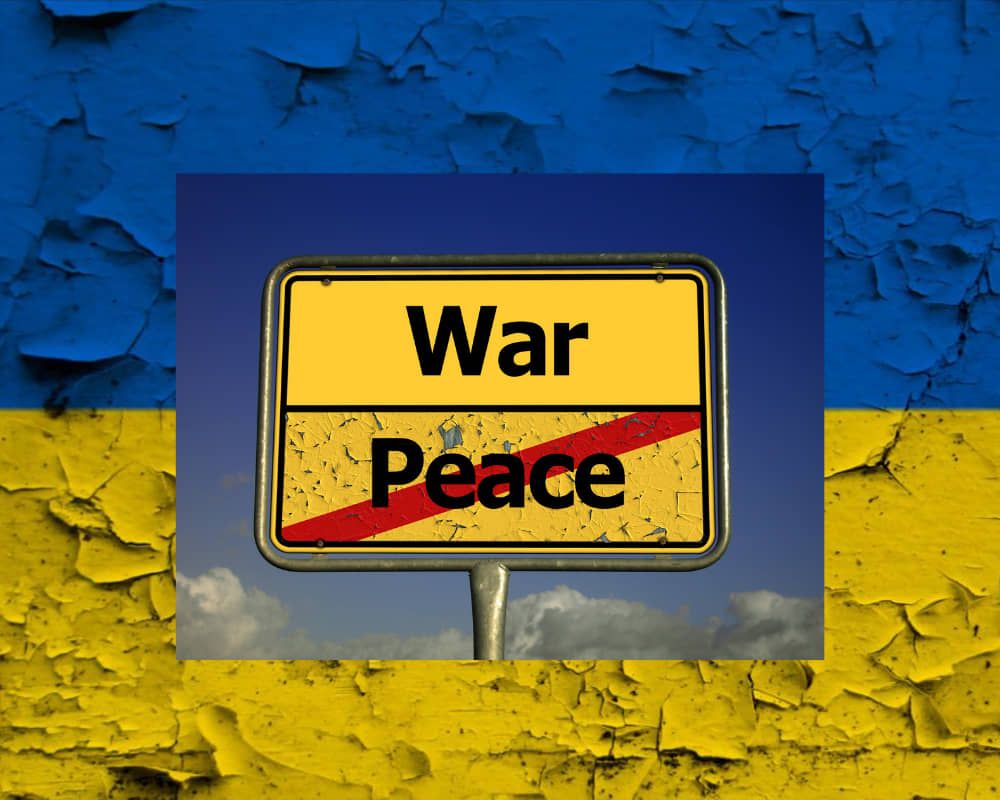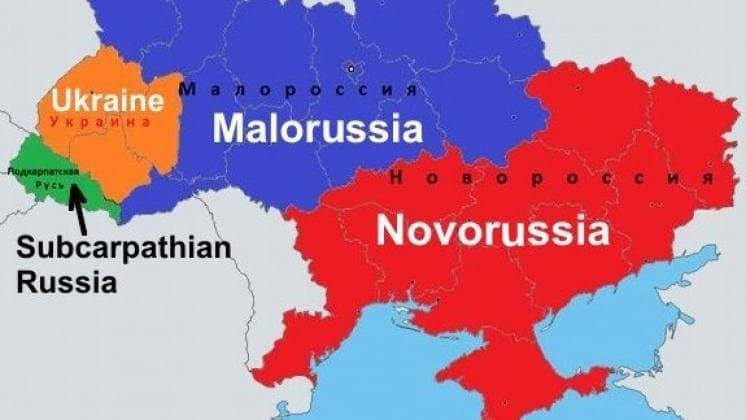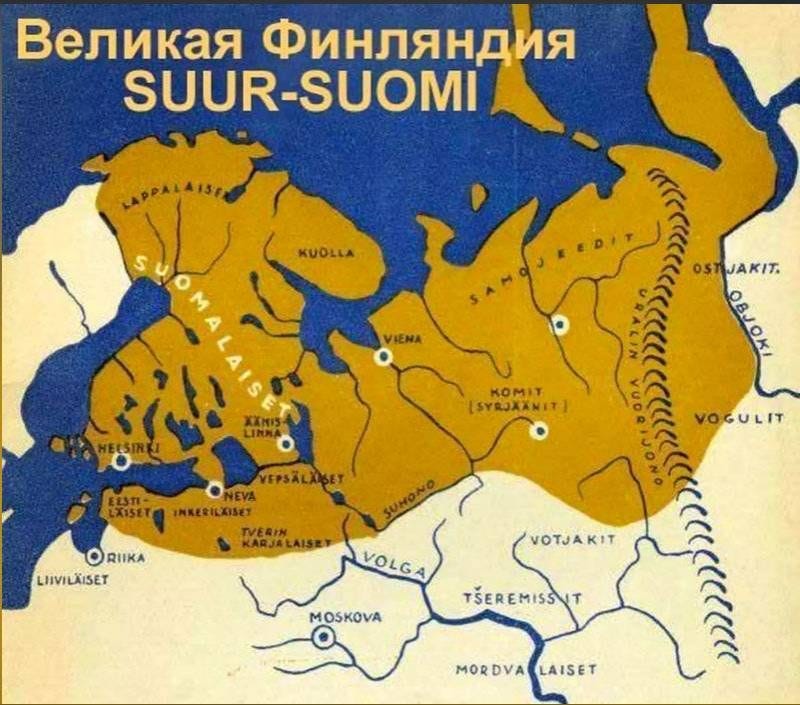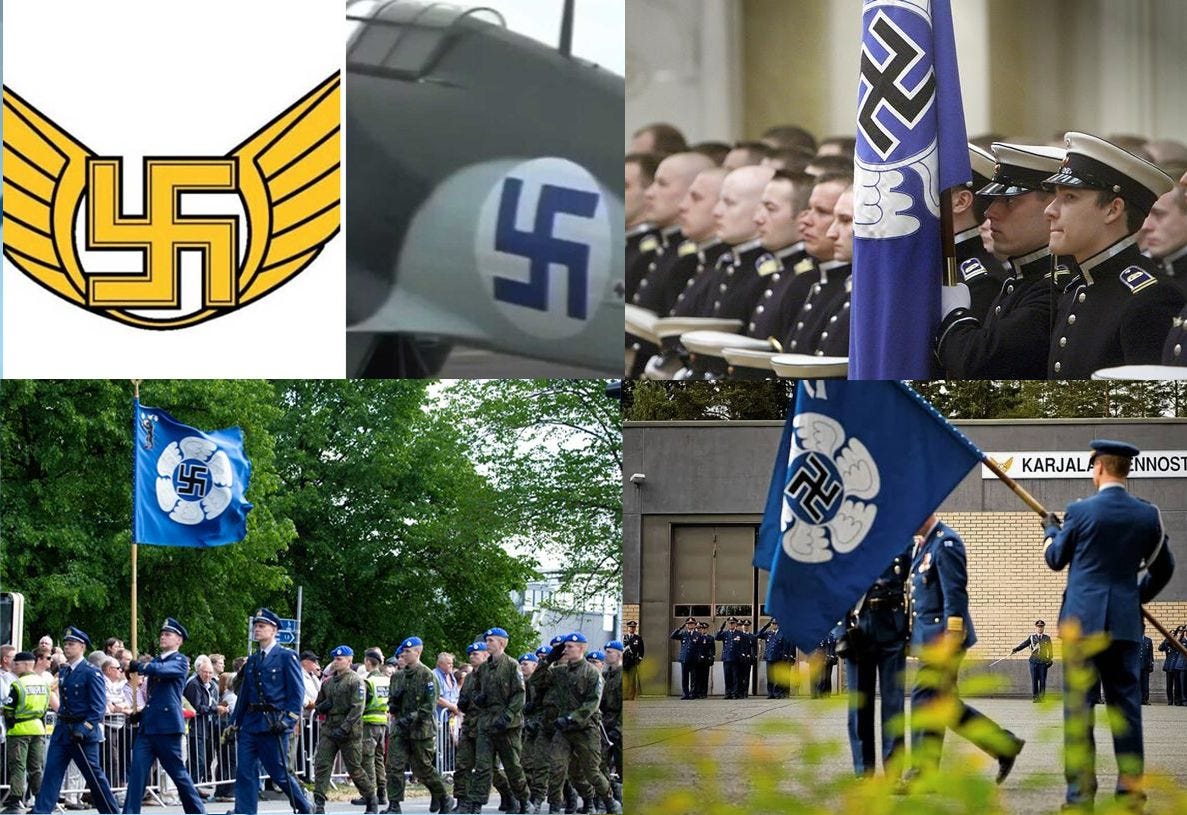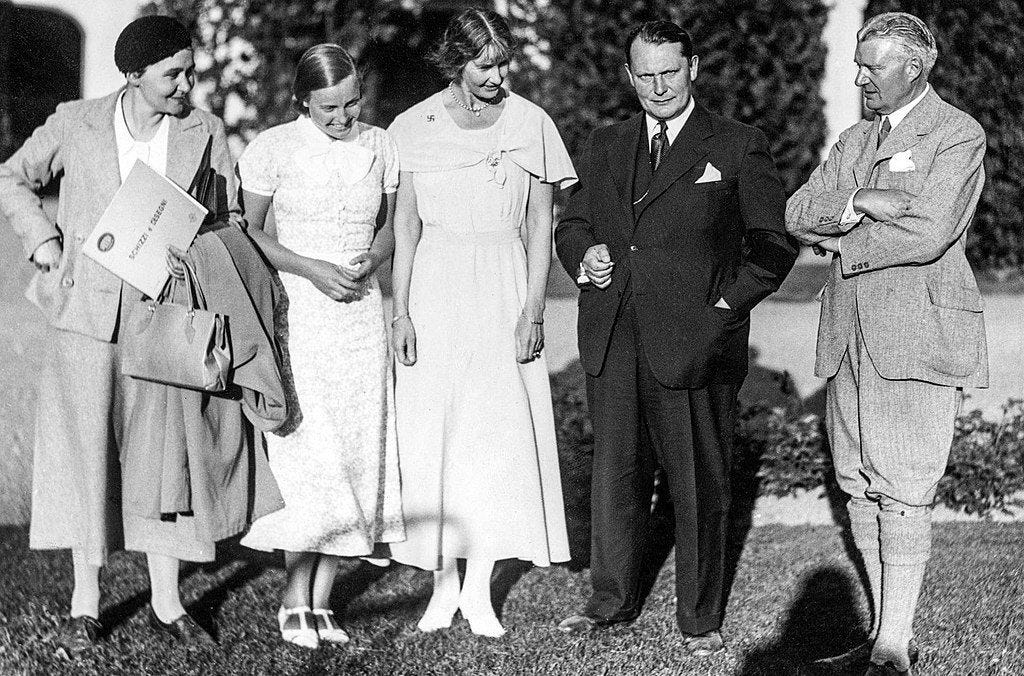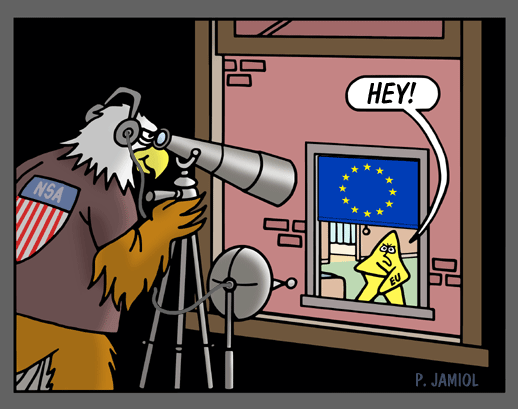May 31, 1:53 p.m.
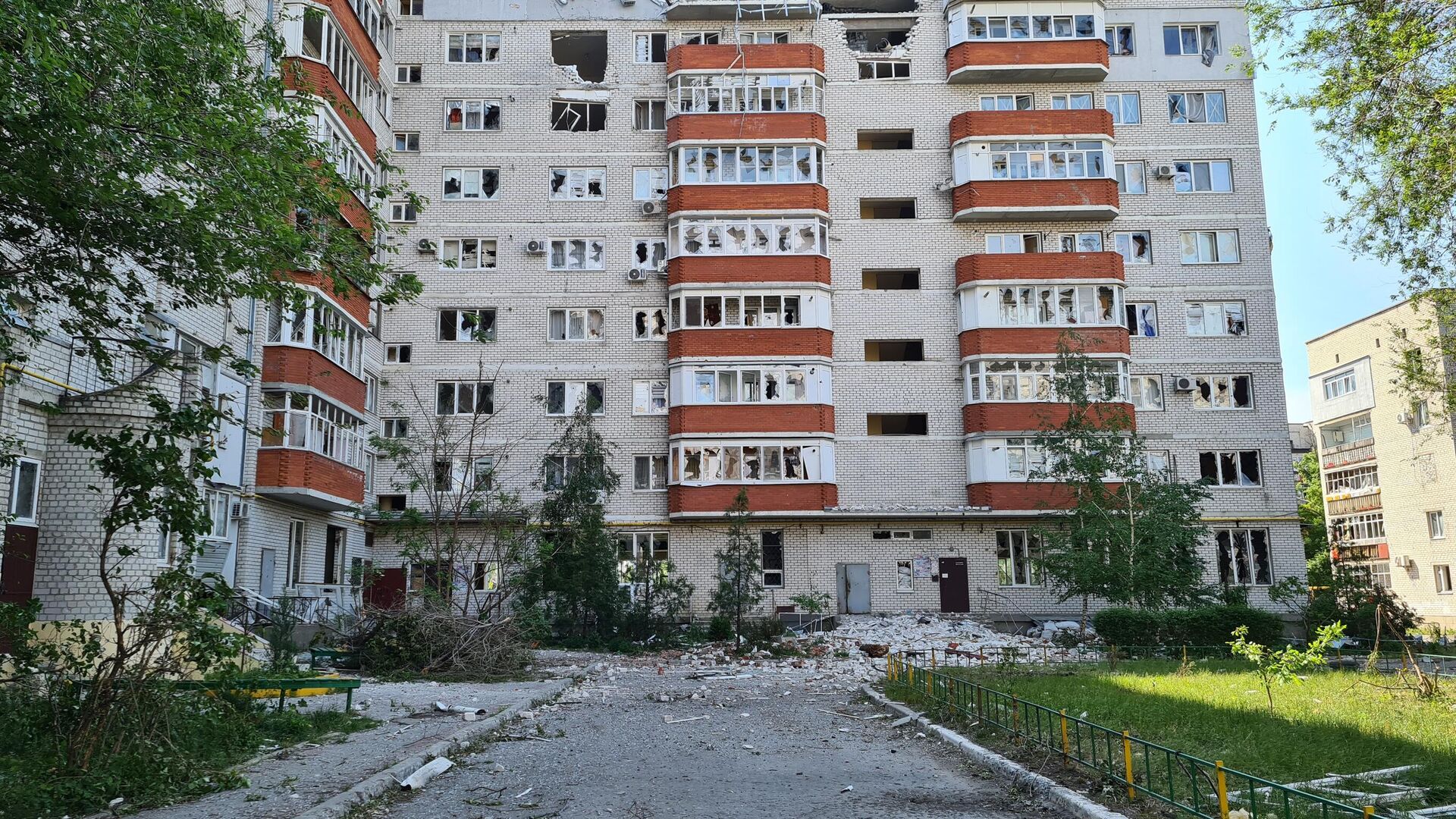
Reportage of the French edition from the positions of the Armed Forces of Ukraine near Severodonetsk.
The city is already lost
Exclusive from the French edition: The Ukrainian army is in decline near Severodonetsk
Soldiers of the 20th Infantry Battalion of the 3rd Brigade of the Armed Forces of Ukraine, stationed on the heights of Lysychansk, are resting after returning from the front. Below you can see the Seversky Donets River, a strategic watercourse that is difficult to cross and serves as a natural barrier. Further columns of smoke rise over Severodonetsk.
Ukrainian soldiers describe it as hell on earth: “The Russians are bombing and firing mortars 24 hours a day, without a break. When you engage your men, after two minutes of fighting you already have many wounded that you must evacuate. New ones arrive and in a few minutes they are no longer alive.
Unequal Forces
The Ukrainian Armed Forces are fighting outside the city, which is under the control of the Russian army. Ukrainian military personnel are retreating due to the imbalance of power between the two sides. Sergeant Roman Ilchenko, 32, explains that “the Russians have artillery, armored vehicles, and their forces are five to six times larger.” Faced with this firepower, Ukrainians bitterly note the weakness of their forces.
Volodymyr Kharchuk, 33, a Ukrainian soldier of the 20th Battalion, talks about his last mission, in which he was responsible for covering the retreat of the Airborne Forces: “We only had AK-47 assault rifles, a 1986 RPG, a 1943 Degtyarev machine gun and a 1933 Maxim machine gun of the year. We also have a Swedish NLAW man-portable anti-tank missile, but the battery failed. That's all we had." He points out that none of his men received night vision goggles, or even binoculars. “We had to bring home models that are usually used for hunting,” Kharchuk points out.
The mission he describes ended badly. After the withdrawal of the paratroopers, the soldiers of the 3rd brigade moved to the bridge over the river, but it was destroyed. Therefore, the soldiers say that they had to cross on foot, struggling with a strong current. “Our equipment is heavy. So we used our ropes to be able to cross. All this under mortar fire. Our evacuation was successful. But knowing that we were on the other side of the river, the command accused us of being deserters. We were threatened with jail. But it was they who ordered us to leave the city,” V. Kharchuk explained, adding that his superiors then denied that they had ordered them to leave Severodonetsk.
Illogical orders
Vushnik Roman Ilchenko clarifies that they have a new task. Protect the last bridge connecting Severodonetsk and Lysychansk. An order that has no logic for him.
“Officially, to prevent the Russians from getting through. Except that the bridge has already been destroyed. There is no point in protecting him. The Russians may try to cross the river elsewhere where it is shallow. My people are ready for battle, but we need equipment and artillery. Our soldiers are not demoralized, they want to fight. But we no longer believe in our superiors,” Ilchenko said bitterly.
The Russians will crush us
Faced with such means deployed by Russian troops, people are unanimous: Severodonetsk is already lost, and we must respond. Andriy Shevchenko, a 39-year-old Ukrainian soldier, believes that if the UAF does not strengthen its artillery, it will not be able to do anything: “You cannot fight only with AK-47s. The Russians will crush us. We are being fired upon from the air, from mortars, we cannot respond with simple Kalashnikov assault rifles or short-range grenade launchers.”
So will the Ukrainian army lose the battle of Severodonetsk? “The city is already lost,” Shevchenko replied grimly. According to him, if nothing changes, the entire Donbas will sooner or later become Russian.
https://t.me/china3army/11138 - zinc
According to Pasechnik, the LPR already controls a third of Severodonetsk.
Kadyrov announces the release of the entire residential area of Severodonetsk.
The Gauleiter of Severodonetsk claims that the RF Armed Forces have already taken half of the city.
In general, the day of the re-liberation of Severodonetsk is close.
https://colonelcassad.livejournal.com/7647630.html
Pentagon officers on Ukrainian safari
May 31, 11:53
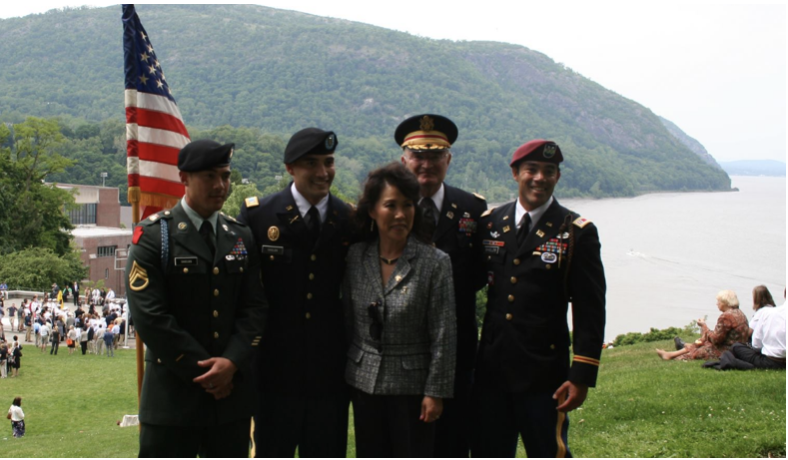
Pentagon officers on Ukrainian safari
The flow of foreigners to Ukraine - "lend-lease" for the supply of manpower - these days is divided into two categories, almost in the words of Colonel Colt, "those who shoot and those who dig."
The first category is diverse and includes many subtypes, in which both point specialists, and the classic “knights of the cloak and dagger”, and “gentlemen of fortune” of the widest profile are fighters / operators of private military companies and communities, military and special services legendary for them , directly military personnel of NATO countries and other states sent to fight against the Russians on secret programs as part of operational (created for a military operation in Ukraine) units. In the same category - mercenaries, "wild geese", who are called "volunteers", nevertheless, do not disdain wages in the war.
The second category of military specialists sent to Ukraine is of even greater interest, representing a narrower and more closed community in the form of a cohort of instructors, coordinators, logistics specialists and staffs who are active servicemen of the United States, Canada, Great Britain, Poland, Israel (the main states-actors are identified ) and some other countries. Often they are undercover under other names and surnames, they have cover documents for fictitious data indicating fictitious or operational special forces, pointwise formed for sending to Ukraine.
The reality is that the military from the United States and its allies are already on the territory of Ukraine. Some of them are not only involved in the planning of military operations of the Armed Forces of Ukraine, the National Guard and formations of the Kyiv special services. They "lit up" directly in participation in hostilities.
In particular, as part of providing instructional and logistical assistance to nationalist armed formations, servicemen of the 4th Security Force Assistance Brigade of the US Department of Defense (4 Security Force Assistance Brigade, SFAB) were deployed to the territory of Ukraine.
This formation, unlike most Pentagon formations, does not have a long track record, starting with Vietnam, Yugoslavia, Iraq, Afghanistan, etc., since it was created only in 2020 for specific tasks - to fan the fire of war in different parts of the globe. The tasks of the brigade's military personnel include education, training, consulting and other military assistance to "US partners" around the world.
Currently, SFAB officers are helping militants prepare Ukrainian cities such as Odessa, Nikolaev, Zaporozhye and Dnipro for defense following the example of Mariupol, using civilians as a shield and deploying military equipment and artillery under cover of schools, kindergartens and hospitals. At the same time, Pentagon officials are organizing channels for the supply of Western weapons and training in their use. According to some reports, SFAB servicemen were in Mariupol during the fighting, but were evacuated at the time by order of the command from the besieged city.
Directly in the organization and participation in hostilities in the conditions of urban development are officers of the 4th brigade of support of the Security Forces of the US Department of Defense:
1. Lieutenant Colonel Sean Robert Shields
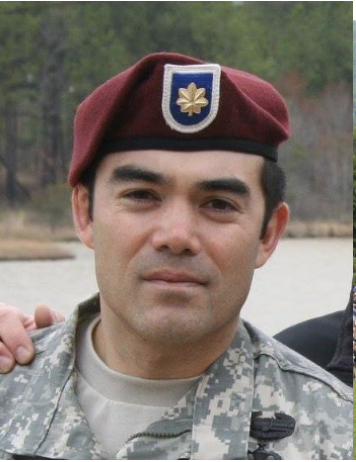
Surname: Shields
Name: Sean
Middle name: Robert
Date of birth: 03/09/1979
Place of work: 4th Battalion, 4th Security Force Assistance Brigade
Position: Battalion Commander
Military rank: lieutenant colonel
Address: 623 Cmr 473 Apo, AE 09606
E-mail: rgshields@sbcglobal.net , sshields@earthlink.net
Phone: +1(910) 391-1067, +1 (717) 258-9813
Facebook profile: www.facebook.com/sean.shields.733
Linkedin profile: www.linkedin.com/ in/sean-shields-bb54286 b
Married.
Hereditary military.
Father - Robert George Shields, 07/01/1949, military pensioner, www.facebook.com/robert.shields.14
Brother - Terrence Han Sheilds, 01/14/1987, US military serviceman, www.facebook. com/terry.shields.54
Second brother - Robert D Shields , born 10/26/1981, soldier of the US Department of Defense ,
www.facebook.com/robert.shields.
5 .1978 Employment : 4th Battalion, 4th Security Force Assistance Brigade Position: Battalion Commander Military rank: lieutenant colonel Address: 8205 Cmr 415 Apo, AE 09114 E-mail: ufmktumlin91@yahoo.com, mrgalimbasclass@gmail.com, mtumlin1@earthlink. net Phone: +19104940976, +19109041006 Facebook profile: www.facebook.com/mike.tumlin.5 Linkedin profile: https://www.linkedin.com/in/mike-tumlin-97741280

Previous Employment: 173rd Airborne Brigade Combat Team (June 2019 - June 2021)
Married to Sara Christine Tumlin, born 07/24/1978, mob. tel. +19104955842.
(This profile was somehow screwed up.)
3. Lieutenant Colonel Christopher Stephen Sylvain

Last Name: Sylvain First
Name: Christopher
Middle Name: Steven
Date of Birth: 09/20/1981
Place of Work: 3d Squadron, 4th Security Force Assistance Brigade
Position: Company Commander
Military Rank: Lieutenant Colonel
Address: 7551 Dutch Loop, Colorado Springs, CO 80925-9467
E-mail: rsylvain1009@aol.com, christopher_sylvain@yahoo.com, sylvain4310@hotmail.com
Phone: +1 (931) 241-1390
Facebook profile: www.facebook.com/christopher.sylvain.75
Profile on Linkedin:https://www.linkedin.com/in/christopher ... -91864a11b
Past jobs:
- Forward Command Post, Deputy Commanding Officer at 1st Squadron, 89th Cavalry Regiment
- Chief Operations Officer at 1st Squadron 89th Cavalry Regiment
Married to Danielle Sylvain (Henderson), 04/04/1978, mob. tel. +1 (931) 241-0382, facebook profile: www.facebook.com/danielle.sylvain.1
* * *
There is nothing new under the sun.
Fifty years ago, the Americans fought in Vietnam against the Russians, who were then called Soviet. Forty years ago, American military instructors trained natives in Afghanistan to kill Russian soldiers. The military of the Pentagon with the same mission "lit up" in Syria.
Now it's Ukraine's turn, where US senior officers are teaching former Russians to fight against the Russians. There is no end in sight to this confrontation, and there is too much at stake.
https://asd.news/articles/voyna/ofitser ... om-safari/ - zinc
https://colonelcassad.livejournal.com/7647371.html
LDNR flags in space
May 31, 11:02

A rocket with the symbols of the Donetsk People's Republic and the Lugansk People's Republic is preparing to launch from Baikonur.
This will be the first time that the symbols of partially recognized states will be in space.

And also in the DNR.
1. The DPR nationalizes 34 Ukrainian ships in the Seaport of Mariupol. They will form the basis of the merchant fleet of the DPR (until reunification with Russia) and will sail under the flag of the Donetsk People's Republic in the Azov and Black Seas.
2. On "Azovstal" they caught several more Natsiks and VSUshnikov, who refused to surrender on May 17 and hid in the basements. There are estimated to be up to 50 such figures there.
3. The trial of Ukrainian war criminals, which will take place in the DPR before the end of summer, will be as open as possible. Representatives of Western countries will also be invited.
https://colonelcassad.livejournal.com/7646988.html
Google Translator
*****************************
Netherlands: Russia's Gazprom to Halt Supply to the Country

Gazprom to halt gas supply to the Netherlands. May. 30, 2022. | Photo: Twitter/@eTravelAlerts
Published 30 May 2022 (9 hours 46 minutes ago)
On Monday, the Dutch GasTerra said that the Russian Gazprom would stop supplying the Netherlands.
According to Monday's statements made by the Dutch gas company GasTerra the Russian gas company Gazprom will halt the supply of energy to the Netherlands from Tuesday, as it refused to pay in rubles.
GasTerra said that the halt on the gas would mean that 2 billion cubic meters of gas it contracted with Gazprom would not be distributed from May 31 to Sept. 30. This loss represents about 5 percent of the annual gas consumption in the Netherlands.
The Dutch company, partly owned by the Dutch government, said that "GasTerra has anticipated this by buying gas from other providers." "The European gas market is highly integrated and extensive," it said.
The company added that it is "impossible to predict" the adverse effects that the loss of gas supply will have on the distribution and demand in the country and "whether the European market can absorb this loss of supply without serious consequences."
Rob Jetten, Dutch Energy Minister, posted on Twitter that the country's administration understands GasTerra's decision not to comply with Gazprom's payment terms. "This decision has no consequences for the physical supply of gas to Dutch households," the minister said.
Last April, the Dutch government commented on its plans to end obtaining Russian gas by the end of 2022.
https://www.telesurenglish.net/news/Net ... -0026.html
Ukraine: Ammonia Leak Reported in Donbass

An ammonia leak was reported in the Donbass in Ukraine caused by the hostilities. May. 30. 2022. | Photo: Twitter/@NatalieSmal
Published 30 May 2022 (12 hours 0 minutes ago)
On Monday, the head of the Ukrainian military administration of the Donetsk Region said that an ammonia leak in the Donbass has been the result of the hostilities in the area.
Pavel Kirilenko, the head of the Ukrainian military administration of the Donetsk, said on Monday that the warfare in the area caused a leak of ammonia in the Donbass. As a result of damage in the pipeline, light leakage was produced.
According to the official, the damaged branch of the pipeline hadn't been in use since 2014. "The tightness of a branch of the Togliatti - Odessa ammonia pipeline has been breached in the Bakhmut District as a result of hostilities," published Kirilenko on his Telegram.
"There are no reports yet about casualties of deaths." He continued to explain that there was no apparent danger for Bakhmut. "The leak is insignificant," he said.
He added that the damaged branch of the pipeline has not been in use since 2014, explaining that ammonia was free-flowing from the pipe. An inspection has dropped that the 7.5 km stretch of the pipeline contains about 250 metric tons of ammonia.
"The radius of a potential damage from an ammonia cloud reaches about 4 km," said the official Kirilenko. He continued to say that the damaged area could include the villages of Gladosovo, Dolomitnoye, Kodema, Semigorye, Dacha, and Nikolayevka Vtoraya.
https://www.telesurenglish.net/news/Ukr ... -0022.html
A few years back when the Nazis were shelling like facilities in Donbass on purpose they never made a deal of it, now they need all the propaganda they can get but it will not save them.
EU Not To Agree on Russian Oil Embargo - Estonian Prime Minister

Estonian Prime Minister Kaja Kallas said that an agreement on Russian oil embargo will most likely wait until the EU summit in June. May. 30,2022. | Photo: Twitter/@fundscene
Published 30 May 2022 (14 hours 17 minutes ago)
According to Estonian Prime Minister Kaja Kallas, a consensus on banning Russian oil is unlikely to be reached at the European Union summit in Brussels.
European Union (EU) leaders met in Brussels for a summit on May 30-31, where they planned to reach an agreement on the sixth package of sanctions against Russia. "I don't think we will reach an agreement today," said Kallas, who hopes to reach an agreement at the next summit to be held in June.
The sixth sanctions package provides for halting purchases of Russian crude oil within six months and of Russian petroleum products by the end of the year and imposing new sanctions on Russian banks and increasing the blocklist of Russian individuals.
The EU's previous five packages of sanctions on Russia over its special military operation in Ukraine involve restricting access to capital markets, excluding Russian financial institutions from SWIFT, freezing the Russian Central Bank's foreign exchange reserves, and banning the import of Russian coal and a range of commodities.
As of early March, the 27 member states that make up the bloc have been trying to agree on the Russian oil embargo, but no decision has been made.
Hungary, a country highly dependent on Russian oil with no access to seaborne oil tankers, has opposed the latest round of sanctions proposed by the EU. The Czech Republic and Slovakia have also objected to the proposal on the grounds that it would hit their economies hard.
In this regard, European Commission President Ursula von der Leyen said last week that banning Russian oil at this time is not advisable, as this would increase oil prices and Moscow would benefit by obtaining higher profits from the sale of its oil to other world markets.
For its part, Ukraine has asked EU governments to ban Russian oil and gas altogether on several occasions. Kiev claims that Moscow's war budget benefits daily from countries buying energy from Russia.
https://www.telesurenglish.net/news/EU- ... -0018.html
*****************************************
Russian troops enter key city in eastern Ukraine
By REN QI in Moscow | China Daily | Updated: 2022-05-31 07:19
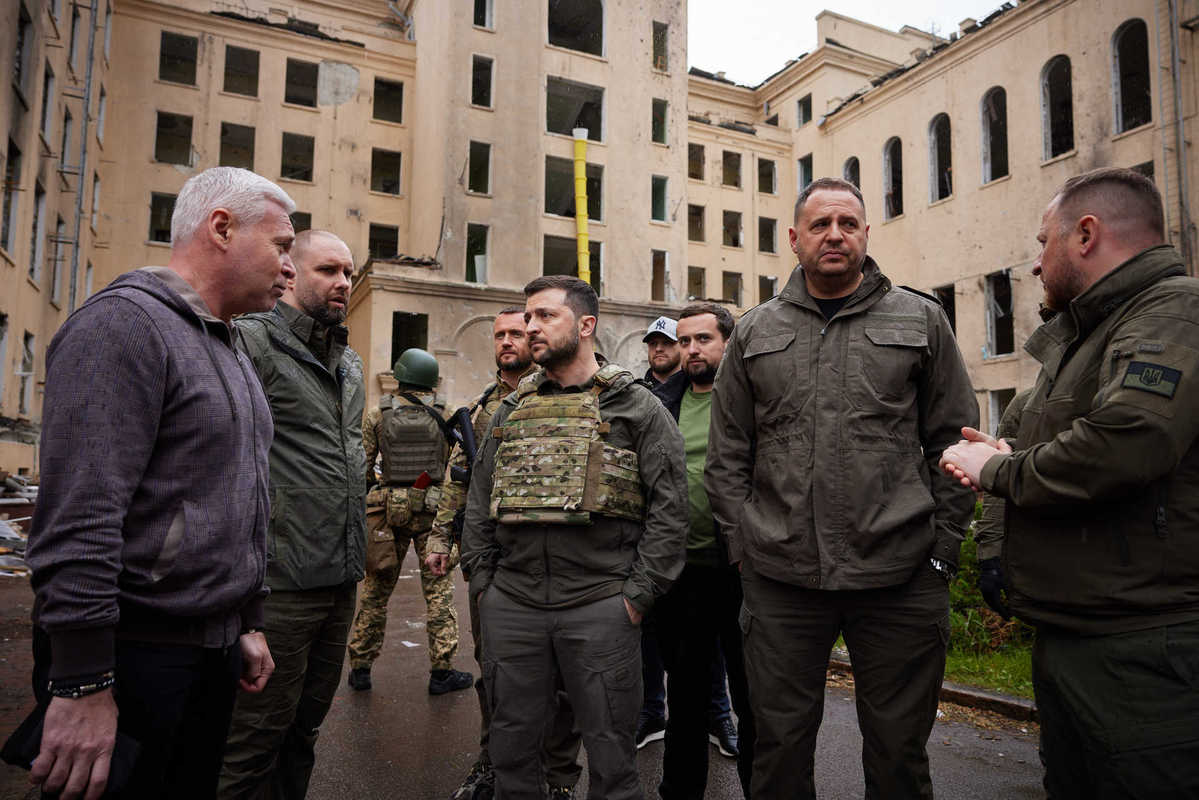
Ukrainian President Volodymyr Zelensky (center) talks with servicemen during his visit to the Kharkiv region on Sunday. UKRAINIAN PRESIDENTIAL PRESS SERVICE/XINHUA
Military advances come as EU leaders press on in push for deal on oil embargo
Russian troops have entered the outskirts of the Ukrainian city of Sievierodonetsk after "very fierce "fighting, a Ukrainian official said on Monday as the special military operation approaches the 100-day mark.
Shelling killed two civilians and wounded five others as Russian troops advanced into the city's southeastern and northeastern fringes, said Serhiy Gaidai, the governor of the Lugansk region.
In a televised speech, Ukrainian President Volodymyr Zelensky said: "Some 90 percent of buildings are damaged. More than two-thirds of the city's housing stock has been completely destroyed. There is no telecommunication."
Russian Foreign Minister Sergey Lavrov on Sunday said the "liberation" of the Donbas, an industrial region which includes Lugansk and Donetsk, was an "unconditional priority" for Moscow.
Ukrainian forces in the Donbas said they were on the defensive all day on Sunday, as Russian forces fired on 46 communities in Donetsk and Lugansk.
Russian shelling also continued on Sunday across several regions such as in Novy Buh in Mykolaiv and Sumy.
Russian Defense Ministry spokesman Igor Konashenkov said the Russian Aerospace Forces delivered a strike by precision missiles to wipe out a large arms arsenal of the Ukrainian army on industrial premises in Krivoi Rog.
On Sunday, Zelensky made his first trip to the battle-scarred east since the conflict began on Feb 24.
Zelensky's office posted a video on the Telegram platform of the president wearing a bulletproof vest while viewing destroyed buildings in Kharkiv and its surroundings.
Zelensky, conceding that one-third of the Kharkiv region remained under Russian control, said: "We will for sure liberate the entire area. We are doing everything we can to contain this offensive."
After visiting Kharkiv, Zelensky announced that he had fired the northeastern city's security chief in a rare public rebuke.
Zelensky said the man was dismissed "for not working to defend the city" from the first days of the conflict, "but thinking only of himself ", and that while others had toiled "very effectively", the former chief had not.
Although the president did not name the official, Ukrainian media reports identified him as Roman Dudin, the head of the Kharkiv region's SBU security service.
Ukraine's battlefield setbacks came as European Union leaders were scheduled to meet on Monday and Tuesday to discuss a new sanctions package against Russia, including an embargo on the country's oil.
On Sunday, the Committee of the Permanent Representatives of the Governments of the Member States to the European Union failed to reach a compromise on a lighter version of an oil embargo.
According to a source in the EU institutions in Brussels, the new round of European sanctions has been held up by Hungary, as the landlocked country is heavily dependent on Russian crude oil supplied via the Druzhba pipeline.
'Bargaining chip'
Ahead of the Monday summit, German Economy Minister Robert Habeck expressed fears that EU unity was "starting to crumble" and a draft statement of the meeting, seen by Reuters, indicated there will be little in terms of new decisions.
But EU foreign policy chief Josep Borrell said "there will be an agreement in the end", with a deal on the next sanctions package by Monday afternoon.
During an interview with France's TF1 television channel on Sunday, Lavrov said the West planned its anti-Russian sanctions long ago and is unlikely to lift them.
"At least the United States is saying, not publicly, but in contacts with its allies, that when the whole thing is over the sanctions will stay in place," Lavrov said, adding that they are not about Ukraine, which is used as an instrument, "a bargaining chip", but about containing Russia.
https://www.chinadaily.com.cn/a/202205/ ... 5fe0f.html
*******************************
SCOTT RITTER: Phase Three in Ukraine
May 30, 2022
No amount of western military aid has been able to prevent Russia from achieving its military objective of liberating the entire territories of both Lugansk and Donetsk as Phase Three begins.
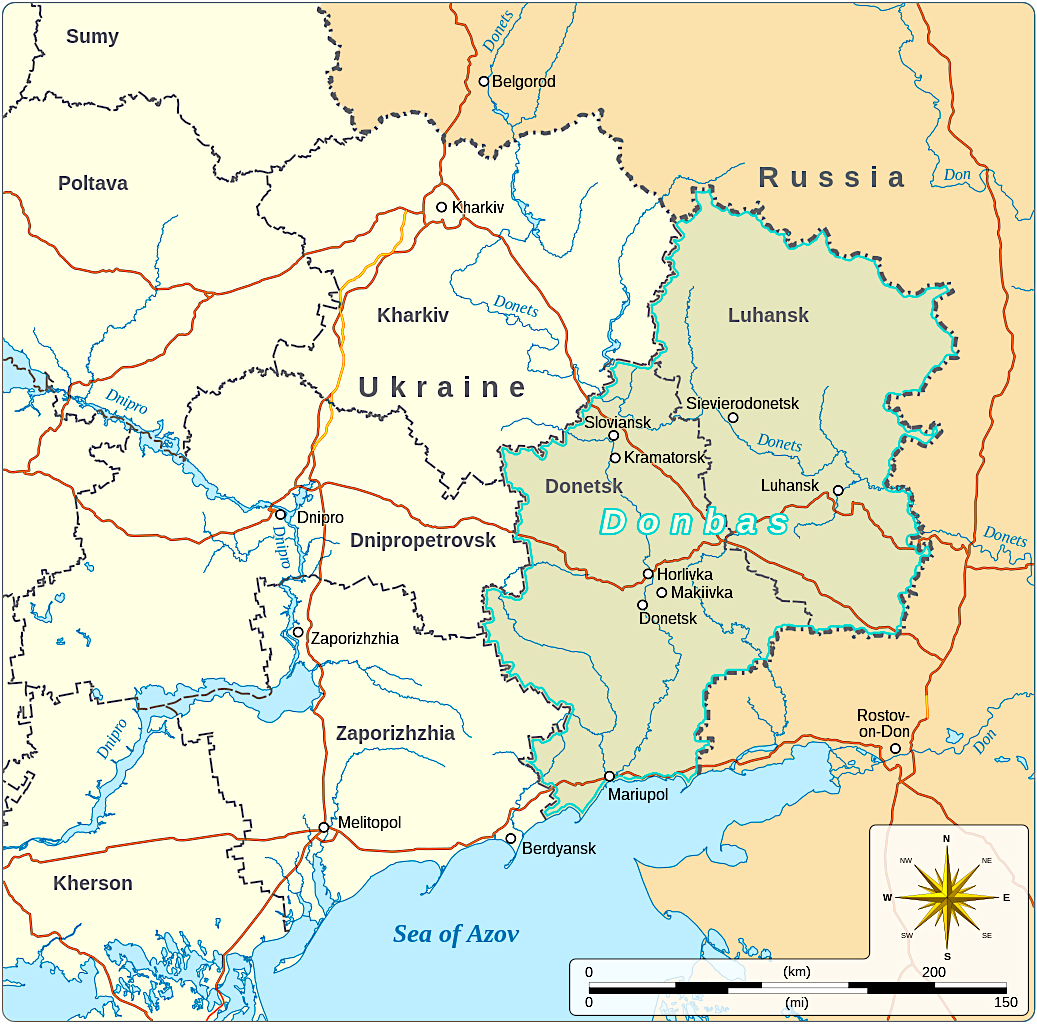
Donbass (2015–2022).svg by Goran tek-en and RGloucester (Wikimedia Commons)
By Scott Ritter
Special to Consortium News
Russia’s “Special Military Operation”, which began on Feb. 24, is entering its fourth month. Despite stiffer than expected Ukrainian resistance (bolstered by billions of dollars of western military assistance and accurate, real-time battlefield intelligence by the U.S. and other NATO members) Russia is winning the war on the ground, and in a big way.
After more than ninety days of incessant Ukrainian propaganda, echoed mindlessly by a complicit western mainstream media that extolls the battlefield successes of the Ukrainian armed forces and the alleged incompetence of the Russian military, the Russians are on the cusp of achieving the stated goal of its operation, namely the liberation of the newly independent Donbass Republics of Lugansk and Donetsk, which Russia recognized two days before its invasion.
The Russian victory in Donbass comes after weeks of intensive combat that saw the Russian military shift gears away from what has become known as Phase One. That was the month-long opening act which, according to Russian President Vladimir Putin in his Feb. 24 address, was tasked with taking “actions throughout the territory of Ukraine with the implementation of measures for its demilitarization and denazification.”
Putin said the purpose was to restore “the DPR [Donetsk People’s Republic] and the LPR [Lugansk People’s Republic] within the administrative borders of the Donetsk and Lugansk regions, which is enshrined in the constitutions of the republics.”
On March 25, the head of the Main Operational Directorate of the General Staff of the Armed Forces of the Russian Federation, Colonel General Sergei Rudskoy, declared that “the main objectives of the first phase of the operation have been achieved. The combat capabilities of Ukraine’s Armed Forces have been significantly reduced, which allows us, once again, to concentrate our main efforts on achieving the main goal – the liberation of Donbass.”
According to Rudskoy, Phase One’s objectives were to cause:
“Such damage to military infrastructure, equipment, personnel of the Armed Forces of Ukraine, the results of which allow not only to shackle their forces and do not give them the opportunity to strengthen their grouping in the Donbass, but also will not allow them to do so until the Russian army completely liberates the territories of the DPR and LPR. All 24 formations of the Land Forces that existed before the start of the operation suffered significant losses. Ukraine has no organized reserves left.”
Russia has completed Phase One despite the efforts of the U.S., NATO, and the E.U. to supply Ukraine with a significant amount of lethal military assistance, primarily in the form of light anti-tank and anti-aircraft weapons. “We consider it a vast mistake,” Rudskoy concluded, “for Western countries to supply weapons to Kiev. This delays the conflict, increases the number of victims and will not be able to influence the outcome of the operation.”
‘Extremely Bad’
The history of the conflict so far has proven Rudskoy correct — no amount of western military aid has been able to prevent Russia from achieving its military objective of liberating the entire territories of both Lugansk and Donetsk.
As Ukrainian Foreign Minister Dmitry Kuleba admitted at the World Economic Forum in Davos, Switzerland, “I don’t want anyone to get the feeling that the war is more or less OK. The situation in Donbass is extremely bad.”
Gone are the bold pronouncements made on the eve of the May 9 Victory Day celebrations, when Russia’s many detractors proclaimed that Rudskoy’s Phase Two offensive in the Donbas had stalled, and that Russia would, in short order, be compelled to transition from the attack to a defensive posture, signally the beginning of a retreat that the Ukrainians claimed would culminate not only in the recapture of all territory lost so far, but Crimea as well.
Such fanciful thinking has given way to the kind of hard reality that ignores propaganda and favors the dirty task of destroying the enemy through firepower and maneuver. Complicating this task, however, was that during the eight years of incessant conflict in the Donbass, which precipitated Russian’s invasion, the Ukrainian military had prepared a defensive belt that was, General Rudskoy noted in his March 25 briefing, “deeply echeloned and well-fortified in engineering terms, consisting of a system of monolithic, long-term concrete structures.”
According to Rudskoy, offensive operations against this defensive belt were, by necessity, “preceded by a heavy fire attack on the enemy’s strongholds and their reserves.”
The Russian advantage in artillery was a key factor in the victorious outcome of its Phase Two operations, pulverizing the Ukrainian defenses and opening the way for the infantry and armor to finish off the survivors.
According to the daily briefings provided by the Russian Ministry of Defense, the Ukrainians are losing the equivalent of a battalion’s worth of manpower every two days, not to mention scores of tanks, armored fighting vehicles, artillery pieces, and trucks.
Indeed, several observers of this conflict, myself included, projected that based upon predictive analysis drawn from the basic military math regarding actual and projected casualty levels, there was a real expectation that Russia, upon completion of Phase Two, would have been able to claim, with justification, that it had accomplished most, if not all the political and military objectives set out at the start of the operation.
Logic dictated that the Ukrainian government, stripped of a viable military, would have no choice but a modern-day version of the surrender of France in June 1940, following decisive battlefield victories by the German army.
While Russia continues to position itself for a decisive military victory in eastern Ukraine, it may likely confine itself to the liberation of the Donbass, seizures of the land bridge connecting Crimea with the Russian Federation mainland (via Donbass), and the expansion of the Kherson bridgehead to secure fresh water resources to Crimea which had been cut off by the Ukrainian government since 2014.
The State of Russia’s Objectives
In his classic treatise, On War, Prussian military theorist Carl Von Clausewitz penned what has become one of the ultimate truisms of conflicts involving nations, namely that “war is a continuation of politics by other means.” This holds as true today as when it was published in 1832.
Putin articulated two principle political objectives for the military operation: to keep Ukraine out of NATO and to create the conditions for NATO to agree to Russia’s demands set forth in a pair of draft treaties presented to the U.S. and NATO on Dec. 17, 2021. Those treaty proposals set out a new European security framework by demanding the withdrawal of NATO military power back to the borders that existed in 1997. Both NATO and the U.S. rejected Russia’s demands.
When it comes to military objectives, in addition to the liberation of Donbass, Putin declared in his Feb. 24 speech, announcing the invasion, that Russia “will seek to demilitarize and denazify Ukraine, as well as bring to trial those who perpetrated numerous bloody crimes against civilians, including against citizens of the Russian Federation.”
While the defeat of the Azov Regiment and other neo-Nazi formations during the Battle of Mariupol represented a decisive step toward the accomplishment of that goal, several thousand neo-Nazi fighters, organized into a variety of military and paramilitary formations, continue to fight on the frontlines in eastern Ukraine and carry out security operations in Ukrainian rear areas.
Denazification, however, has an important political component that, at the moment, is not being addressed by Russia’s military operation, namely the continued existence of Ukraine’s far-right and neo-Nazi political parties at a time when all other political activity has been shut down under martial law.
If anything, the “Nazification” of Ukrainian political life has expanded exponentially since Russia’s invasion, with Ukraine more under the influence of the ideology of Stepan Bandera, the Ukrainian nationalist whose followers killed hundreds of thousands of Jews, Gypsies, Poles, and Russians while fighting alongside Nazi Germany in World War Two.
Whereas Russia may have earlier been able to conceive a political settlement that saw the Ukrainian government right-wing political parties and their militarized progeny, the fact is today the Ukrainian government has increasingly aligned itself with the neo-Nazi movement to strengthen its rule in the face of growing domestic political opposition to war with Russia.
True denazification, in my view, would require Russia to remove the Zelensky government from power and replace it with a new political leadership that will aggressively sustain the Russian objective of an eradication neo-Nazi ideology in Ukraine. So far there is no indication that that is a Russian objective.
Re-Militarization
Likewise, demilitarization has become much more difficult since the invasion of Feb. 24. While military aid provided to Ukraine by the U.S. and NATO before that date could be measured in terms of hundreds of millions of dollars, since Phase Two operations began this aid has grown to the point where total military aid provided to Ukraine by the U.S. alone approximates $53 billion.
Not only has this aid had a measurable impact on the battlefield in terms of Russian military personnel killed and equipment destroyed, but it has also enabled Ukraine to reconstitute combat power, which had been previously destroyed by Russian forces.
While this massive support will not be able to reverse the tide of inevitability concerning the scope and scale of the Russian military victory in the Donbass, it does mean that once Russia has fulfilled its stated objective of liberating the breakaway republics, demilitarization will still not have taken place. Moreover, given the fact that demilitarization is premised on Ukraine being stripped of all NATO influence, including equipment, organization, and training, one can make a case that Russia’s invasion has succeeded in making Ukraine a closer partner of NATO than before it began.
The Legal Questions
If Russia were the United States, operating under the notion of a “rules based international order,” the issue of outstripping the legal justification for a conflict would not represent a problem — one only needs look at how a succession of U.S. presidential administrations abused the Congressional authorization for the use of military force (AUMF) passed in the aftermath of the 9/11 attacks by wrongfully using it to justify operations that fell outside its legal authorities.
A party can get away with such inconsistencies if they are responsible, like the United States, for making and implementing the rules of the game (i.e., the so-called “rules-based international order.”) However, Vladimir Putin, when meeting with Chinese President Xi Jinping during the opening of the Winter Olympic games, committed himself on a policy course which sees Russia, together with China, rejecting the rules based international order that defines the vision of a unipolar world dominated by the U.S., and instead replace it with a multi-polar “law based international order” grounded in the United Nations Charter.
Putin was very careful in trying to link Russia’s military operation to the legal authorities that existed under Article 51 of the United Nations Charter governing self-defense. The specific construct involved — which cited what amounts to a claim of preemptive, collective self-defense — hinges on Russian claims that “the Armed Forces of Ukraine were completing the preparation of a military operation to take control of the territory of the people’s republics.”
It is the imminent threat posed by this alleged Ukrainian military operation that gives legitimacy to Russia’s claim. Indeed, both Phase One and Phase Two of Russia’s operation were specifically tailored to the military requirements necessary to eliminate the threat posed to Lugansk and Donetsk by the buildup of Ukrainian military power in eastern Ukraine.
A problem, however, emerges when Russia completes its task of destroying, dismantling, or dispersing the Ukrainian military in the Donbass region. While one could have previously argued that an imminent threat would continue to exist so long as the Ukrainian forces possessed sufficient combat power to retake Donbass region, such an argument cannot be made today.
At some point soon, Russia will announce that it has defeated the Ukrainian military forces arrayed in the east and, in doing so, end the notion of the imminent threat that gave Russia the legal justification to undertake its operation.
That came about because of the major battlefield successes of the Russian military. But it will leave Russia with a number of unfulfilled political objectives, including denazification, demilitarization, permanent Ukrainian neutrality, and NATO concurrence with a new European security framework along the lines drawn up by Russia in its December 2021 treaty proposals. If Russia were to call a halt to its military operation at this juncture, it would be ceding political victory to Ukraine, which “wins” by not losing.
Phase Three
The challenge facing Russia going forward, therefore, is how to define the scale and the scope of Phase Three so that it retains the kind of legal authority it asserted for the first two phases, while assembling sufficient combat power to accomplish its tasks. Among these would appear to me to include overthrowing the Zelensky government and replacing it with one willing and able to outlaw the ideology of Stepan Bandera. It might also entail launching a military operation into central and western Ukraine to completely destroy the reconstituted elements of the Ukrainian military along with the surviving neo-Nazi affiliated forces.
As things currently stand, Russia’s actions are being implemented upon the limited legal authorities granted to Putin by the Russian Duma, or parliament. One of the most constraining aspects of these authorities is that it limits Russia’s force structure to what can be assembled under peacetime conditions. Most observers believe Russia is reaching the limit of what can be asked of these forces.
Any large-scale expansion of Russian military operations in Ukraine,which seeks to push beyond the territory conquered by Russia during Phase One and Phase Two, will require additional resources which Russia may struggle to assemble under the constraints imposed by a peacetime posture. This task would become virtually impossible if the Ukrainian conflict were to spread to Poland, Transnistria, Finland and Sweden.
Only Russia’s leaders can decide what is best for Russia, or what is deemed to be viable militarily. But the combination of an expired legal mandate, unfulfilled political objectives, and the possibility of a massive expansion of the scope and the scale of combat operations, which could possibly include one or more NATO members, points to an absolute need for Russia to articulate the mission of Phase Three and why it needs one.
Failure to do so opens the door to the possibility that Russia puts itself in a position where it is unable to successfully conclude a conflict that it opted to initiate at the end of February.
https://consortiumnews.com/2022/05/30/s ... n-ukraine/
**********************************
Empire Solves Ukraine’s Nazi Problem With A Logo Change

Ahh, that’s much better. Problem solved.
British empire smut rag The Times has a new article out titled “Azov Battalion drops neo-Nazi symbol exploited by Russian propagandists,” which has got to be the most hilarious headline of 2022 so far (and I’m including The Onion and other intentionally funny headlines in the running).
“The Azov Battalion has removed a neo-Nazi symbol from its insignia that has helped perpetuate Russian propaganda about Ukraine being in the grip of far-right nationalism,” The Times informs us. “At the unveiling of a new special forces unit in Kharkiv, patches handed to soldiers did not feature the wolfsangel, a medieval German symbol that was adopted by the Nazis and which has been used by the battalion since 2014. Instead, they featured a golden trident, the Ukrainian national symbol worn by other regiments.”
Yeah that’s how you solve Ukraine’s Nazi problem. A logo change.
https://twitter.com/taseenb/status/1531324958776995840
Claiming it’s “Russian propaganda” to say the Azov Battalion uses neo-Nazi insignia, and is ideologically neo-Nazi, is itself propaganda. A month ago Moon of Alabama published an incomplete list of the many mainstream western outlets who have described various Ukrainian paramilitaries as such, so if it’s only “Russian propagandists” who’ve been saying the Azov Battalion is neo-Nazi then Silicon Valley social media platforms should immediately ban outlets like NBC News, the BBC, The Guardian, and Reuters.
Before this war started this past February it wasn’t seriously controversial to say that Ukraine has a Nazi problem except in the very most virulent of empire spinmeister echo chambers. Even in the early days of the conflict it was still happening with mainstream publications who hadn’t yet gotten the memo that history had been rewritten, like this NBC News article from March titled “Ukraine’s Nazi problem is real, even if Putin’s ‘denazification’ claim isn’t.”
An excerpt:
Just as disturbing, neo-Nazis are part of some of Ukraine’s growing ranks of volunteer battalions. They are battle-hardened after waging some of the toughest street fighting against Moscow-backed separatists in eastern Ukraine following Putin’s Crimean invasion in 2014. One is the Azov Battalion, founded by an avowed white supremacist who claimed Ukraine’s national purpose was to rid the country of Jews and other inferior races. In 2018, the U.S. Congress stipulated that its aid to Ukraine couldn’t be used “to provide arms, training or other assistance to the Azov Battalion.” Even so, Azov is now an official member of the Ukraine National Guard.
So plainly it is not “Russian propaganda” to highlight the established fact that there are neo-Nazi paramilitaries in Ukraine who are receiving weapons from the US and its allies. The change in insignia isn’t being made to correct a misperception, it’s being made to obscure a correct perception.
The change in insignia is a rebranding to a more mainstream-friendly logo, very much like Aunt Jemima rebranding to Pearl Milling Company due to the Jim Crow racism the previous branding evoked. The primary difference is that the corporate executives of Pearl Milling probably aren’t still interested in turning America back into an apartheid state.
As journalist Alex Rubenstein noted on Twitter, al Qaeda in Syria went through a similar rebranding not long ago for the exact same reasons:
Indeed it is very normal for the US and its allies to provide backing to fascistic extremists in order to advance imperial agendas, because those tend to be the armed factions in a given area who are willing to inflict the brutal acts of violence upon their countrymen necessary to facilitate those agendas.
From far right militias in Latin America to tyrannical jihadists in the Middle East, this pattern of backing murderous fascists and then having to manage public perception of their depravity has been going on a long time. After the US alliance began working with al Qaeda-aligned factions to push regime change Syria, it eventually became necessary for them to rebrand to appease public concerns about their image. When the US-backed Contras were committing human rights atrocities in Nicaragua to stomp out the leftist Sandinistas, the Reagan administration was launching a massive perception management campaign to manipulate the way people see the situation.
In Ukraine, neo-Nazi paramilitaries just happen to have been the armed thugs who were depraved enough to do what the empire needed done on the ground. As Ukrainian-American peace activist Yuliy Dubovyk explained for Multipolarista, they were the ones who were willing to fire upon their own countrymen in eastern part of the nation.
The people in Donetsk and Luhansk were less lucky. The coup government dispatched the military to suppress their insurrections.
At first many Ukrainian soldiers refused to shoot at their own countrymen, in this civil war that their US-backed government started.
Seeing the hesitation of the Ukrainian military, far-right groups (and the oligarchs that were backing them) formed so-called “territorial defense battalions,” with names like Azov, Aidar, Dnipro, Tornado, etc.
Much like in Latin America, where US-backed death-squads kill left-wing politicians, socialists, and labor organizers, these Ukrainian fascist battalions were deployed to lead the offensive against the militias of Donetsk and Luhansk, killing Russian-speaking Ukrainians.
The fact that factions like the Azov Battalion have been the ones willing to get their hands dirty in Ukraine has been a major factor in their ability to shore up influence over the nation’s affairs far in excess of their numbers, a dynamic described in detail by The Grayzone’s Max Blumenthal and Alex Rubenstein. As noted by journalist Aaron Maté, when Volodymyr Zelensky was elected president of Ukraine these extremists openly threatened to lynch him if he worked to make peace with Russia as he had pledged to do.
And on that note it’s work issuing another reminder at this time that the US could easily have prevented this entire war by simply giving Zelensky protection from those factions so that he could enact the peace mandate he’d been elected to enact. But of course the US would never do such a thing, because the US always wanted this war, and because the US does not actually believe in democratic mandates, and because the US does not actually oppose Nazism.
Which is why when concerns were raised about arming neo-Nazi militias in Ukraine, the only offer on the table was a logo change.
https://caitlinjohnstone.com/2022/05/31 ... go-change/
**************************************
Henry Kissinger’s Message on Ukraine at Davos: Is Charon Preparing to Retreat?
Posted by INTERNATIONALIST 360° on MAY 30, 2022
Yoselina Guevara

Recently, the sadly known, Henry Kissinger during an intervention via virtual at the World Economic Forum in Davos pointed out “peace negotiations (between Russia and Ukraine) must begin in the next two months, before tensions develop that cannot be easily overcome. The ideal solution would be a return to the “status quo ante“. Further continuation of the war at this point would not be freedom for Ukraine, but a new war against Russia.”
Evidently the reaction of the Ukrainian President Zelensky has been quite furious, in a message to the nation he accused Kissinger of “coming out of the deep past and saying that Russia must have a piece of Ukraine” besides making to underline that this elderly politician lives in the year 1938 and not in 2022.
This controversy has all the characteristics of spreading, but it should draw our attention to the fact that the United States has sent one of its “sacred cows”, in this case Kissinger, to make such statements. It could be that a negotiation is underway and that the end of this conflict is really approaching. Let us not forget the links of this character with Hillary Clinton, the Obama bloc, including, of course, the current president of the United States.
If we analyze what Kissinger effectively proposes, it is not far-fetched, even if it generates Kiev’s anger; that is to say, the “staus quo ante” may refer to Ukraine ceding the Crimea, as well as part of Donbas and Lugansk; this would give a strategic victory to the Russian Federation. However, it is unclear whether Moscow will have to return to the pre-February 24, 2022 borders or to those corresponding to 2014. But at the moment Washington’s main concern seems to be that Moscow does not ally with Beijing, forming a true military bloc, encompassing the political and the economic; although in the last few days both giants have been more compact and in consonance.
Kissinger has come up against an enraged Zelensky, who is supported and accompanied by the conservative Western press, especially the British press which continues to show its warlike disposition, through which the United States is urged to continue supporting the conflict with weapons. In turn, these warmongers are addressing their respective public opinions, urging them not to give in, to continue with the military confrontation and the imposition of sanctions on Moscow.
On the other hand, Putin’s strategy seems to be aimed at exhausting the Ukrainians and Westerners in a quest to achieve his goals, which include positioning himself and gaining respect as an emerging world power.
There should be no peace or calm in Washington these days. From the domestic front: inflation, violence, mass killings by armed civilians, etc. On the external front, the countries of South, North and Central America are demonstrating that they are neither backyard nor imperial colonies, in an example of dignity, sovereignty and self-determination, acting as a bloc against a Summit of the Americas that excludes Cuba, Nicaragua and Venezuela and evidently does not integrate them.
As for the Russia-Ukraine conflict, the diatribe suggests that there is a debate within the Biden administration as to how far to go with Moscow, whether it seeks to inflict a strategic defeat on Moscow, which so far seems far off, or whether conditions on the ground dictate a truce.
Macabre messenger
It is necessary for me to end this note by recalling who Henry Kissinger is, a character who, like other Nobel Peace Prize winners, has done nothing but sow death to humanity.
Between 1969-1974 , Kissinger was Richard Nixon’s Secretary of State. During this period, numerous declassified documents point to him as one of those responsible for the bombing of Laos and Cambodia during the Vietnam War, in which nearly three million Vietnamese lost their lives.
But his action was not limited to Vietnam, in 1970, before the election that would give Salvador Allende as the winner of the Chilean presidency, Kissinger pronounced the phrase “I do not see why we have to wait and allow a country (Chile) to become communist due to the irresponsibility of its own people”. This would be the preamble to a series of destabilizing, interfering actions that led to the overthrow of President Allende and the consolidation of Augusto Pinochet’s criminal coup d’état in Chile, with the approval of the United States.
Hundreds of documents prove the direct participation of Washington, as well as Kissinger, in the support of the Pinochet dictatorship that inflicted so much suffering on millions of Chilean men and women, without counting the murders, tortures and disappearances.
In his obsession against the left, this pathetic character planned to attack the Cuban government in 1976 and not satisfied with that, he insisted on trying to exterminate all insurgent and leftist movements in Latin America in a fierce struggle. It is also known that in 1976, during the military dictatorship in Argentina, Kissinger urged the Argentine military to put an end to the “dirty war” as soon as possible, in reference to the repression against guerrilla and leftist movements in that country.
The United States could not have a worse and more macabre messenger to prepare public opinion as to what might happen in the coming months. Kissinger is nothing less than a Charon (*1) who seems not to be wanted even in hell itself.
Note:
1. Kharon (Charon) was the Ferryman of the Dead, an underworld daimon (spirit) in the service of King Haides. Hermes Psykhopompos (Guide of the Dead) gathered the shades of the dead from the upper world and led them down to the shores of the Akherousian (Acherusian) mere in the underworld where Kharon transported them across the waters to Haides in his skiff. His fee was a single obolos coin which was placed in the mouth of a corpse upon burial. Those who had not received proper burial were unable to pay the fee and were left to wander the earthly side of the Akheron (Acheron), haunting the world as ghosts.(https://www.theoi.com/Khthonios/Kharon.html)
https://libya360.wordpress.com/2022/05/ ... o-retreat/
